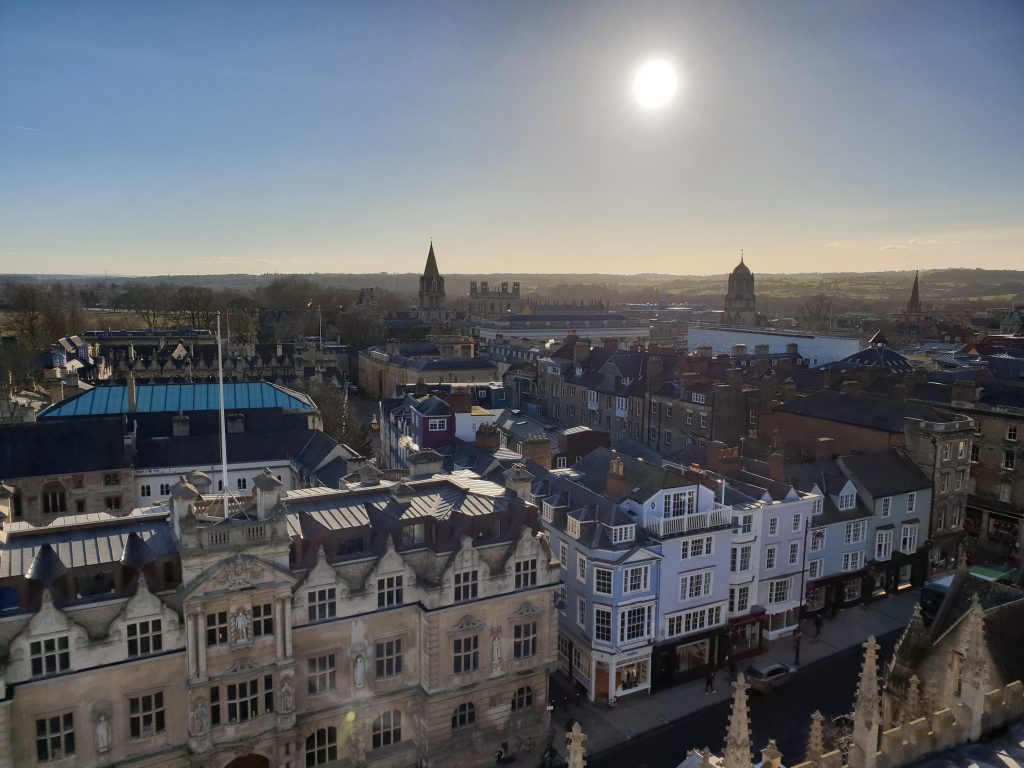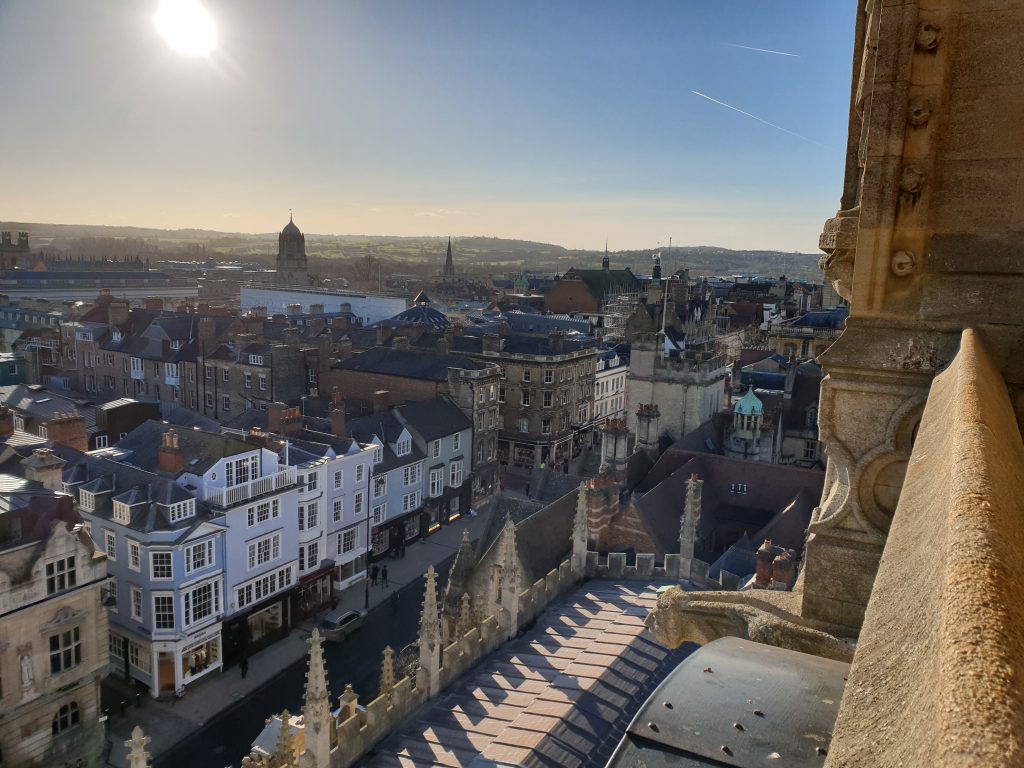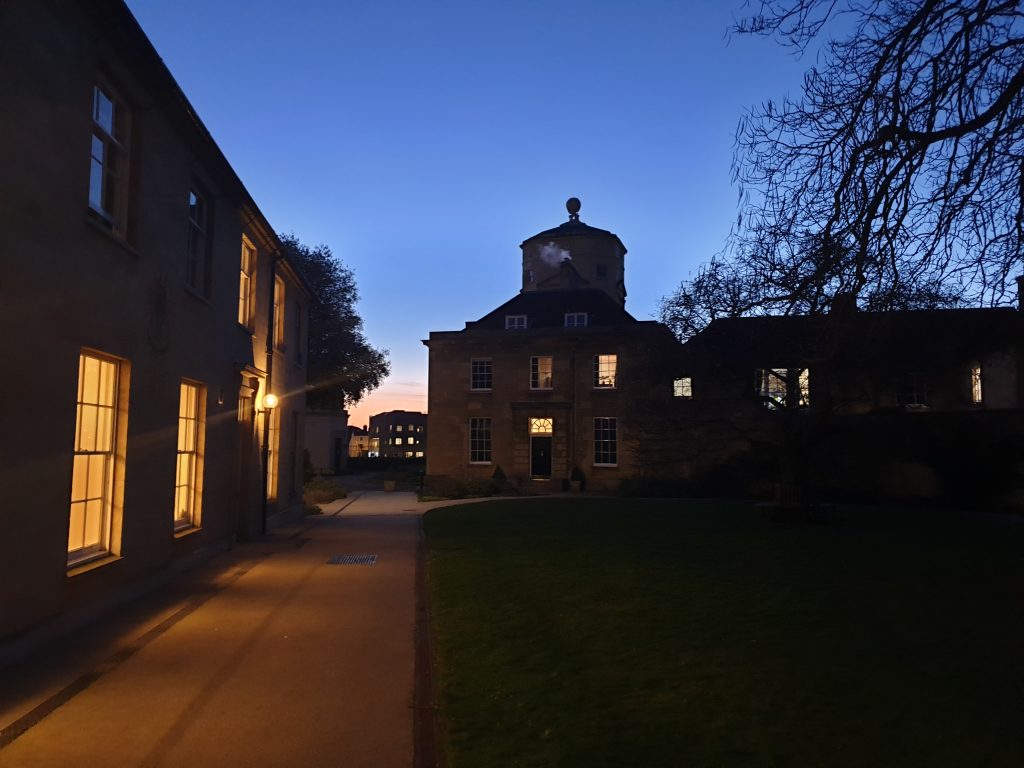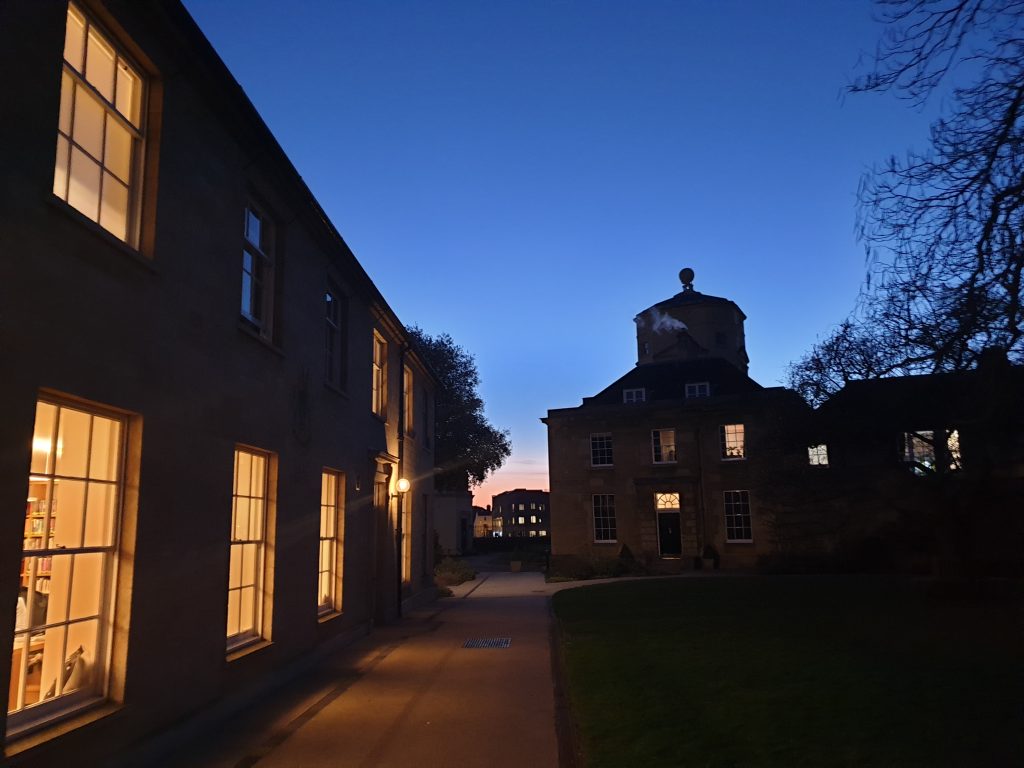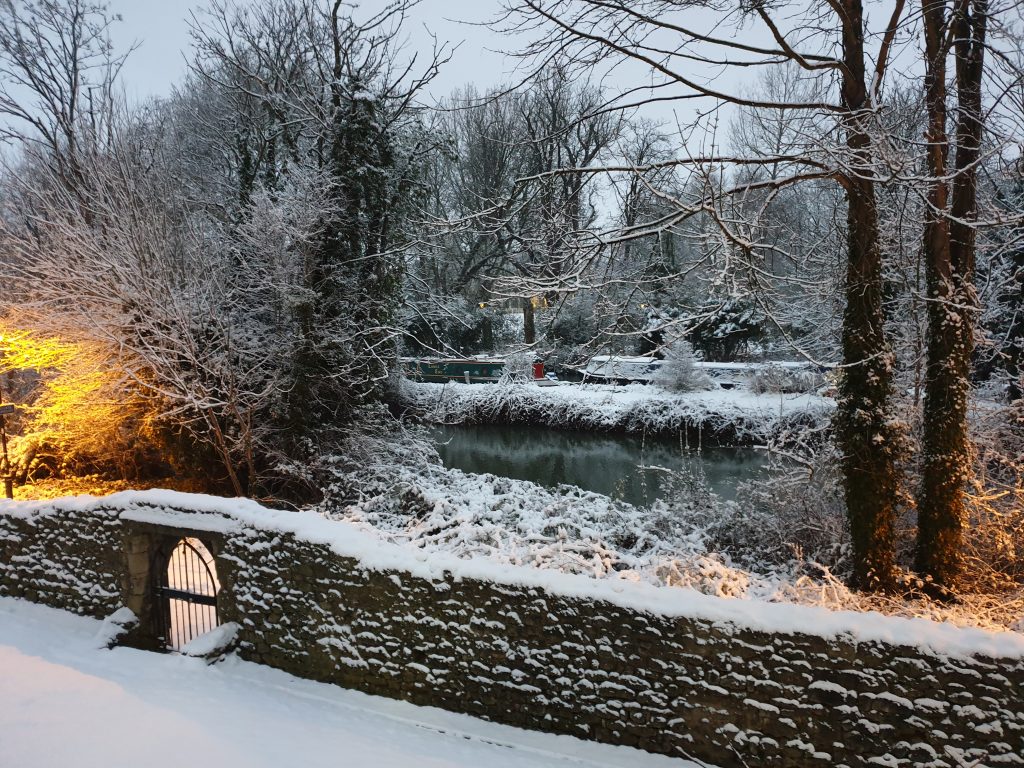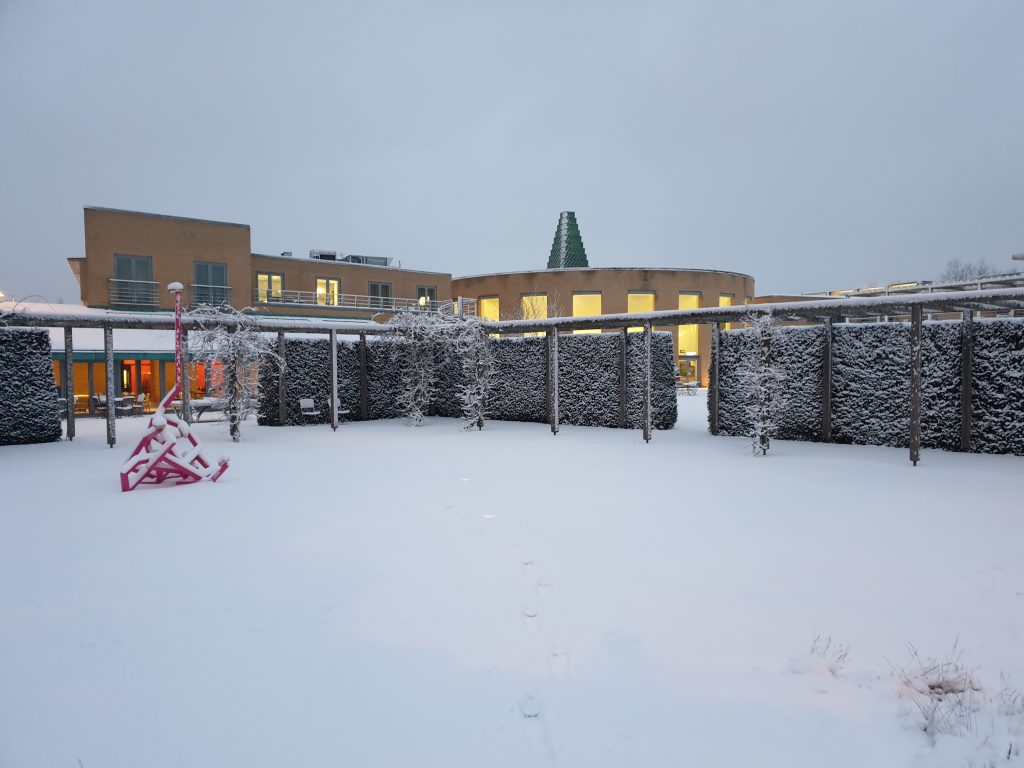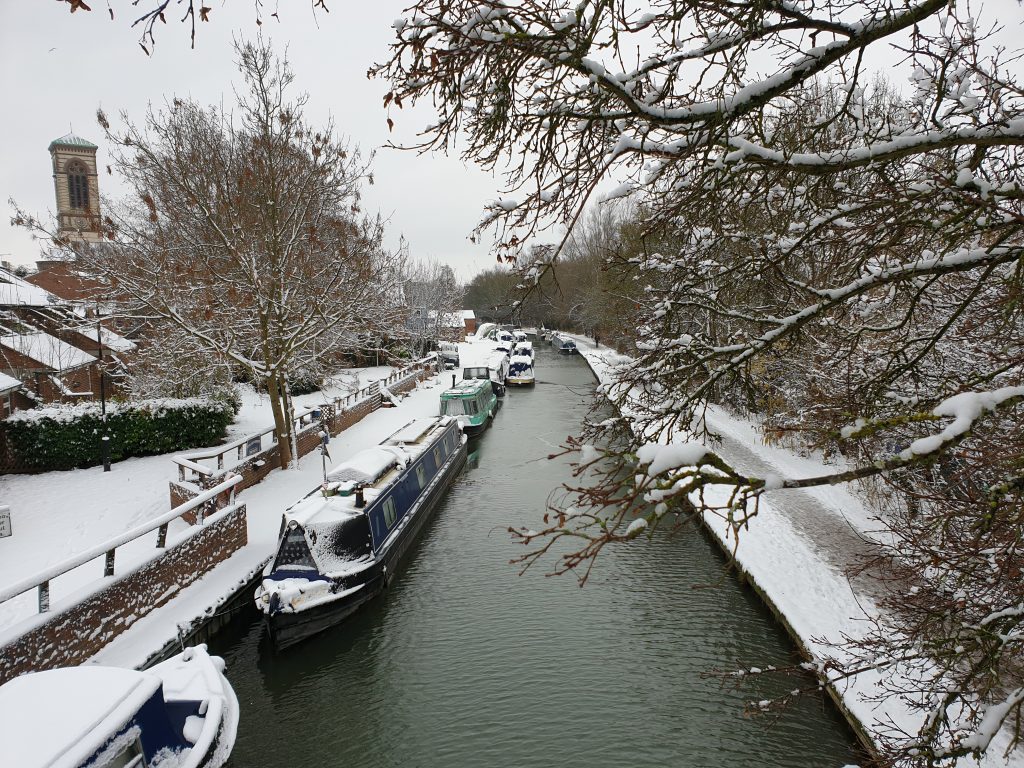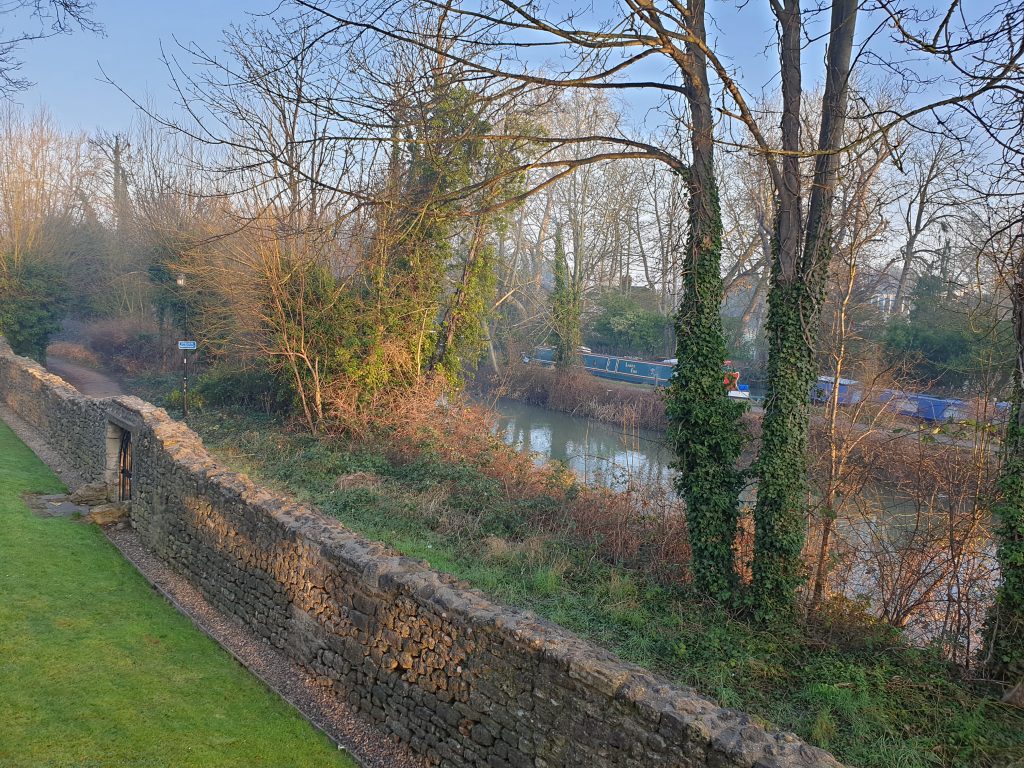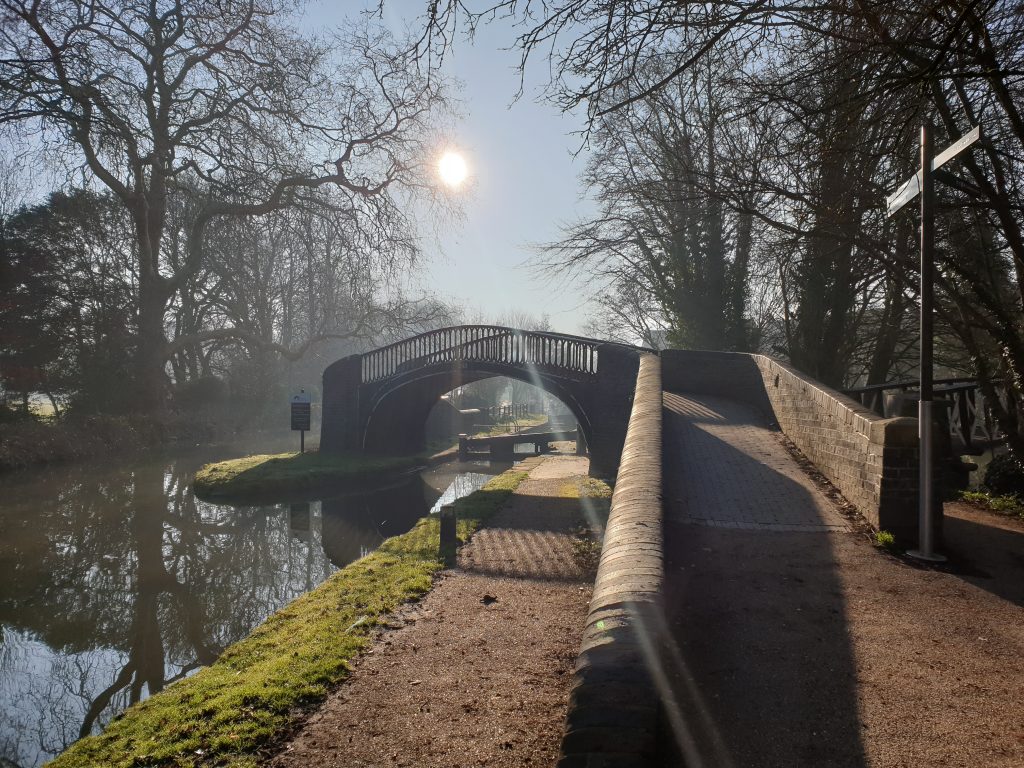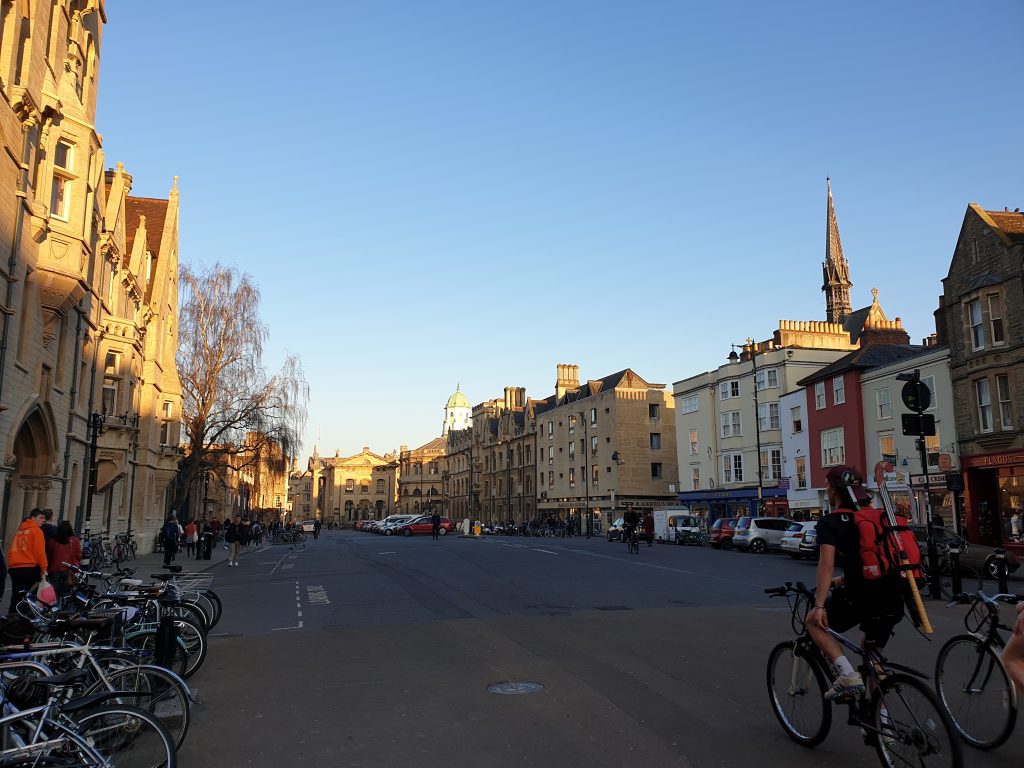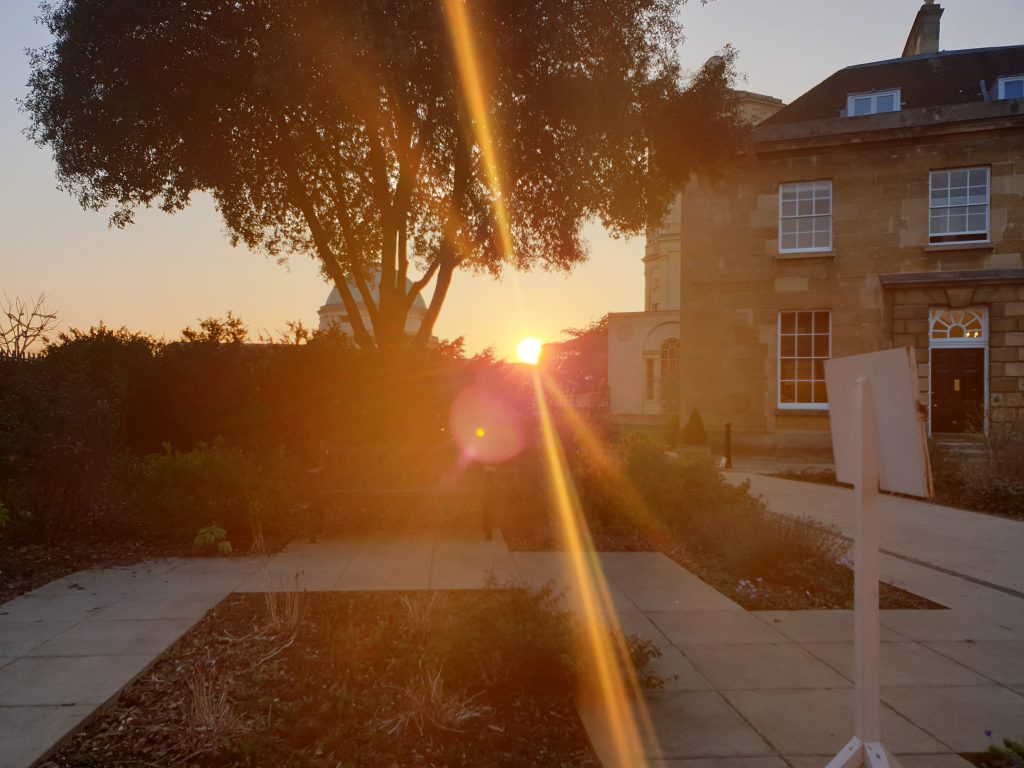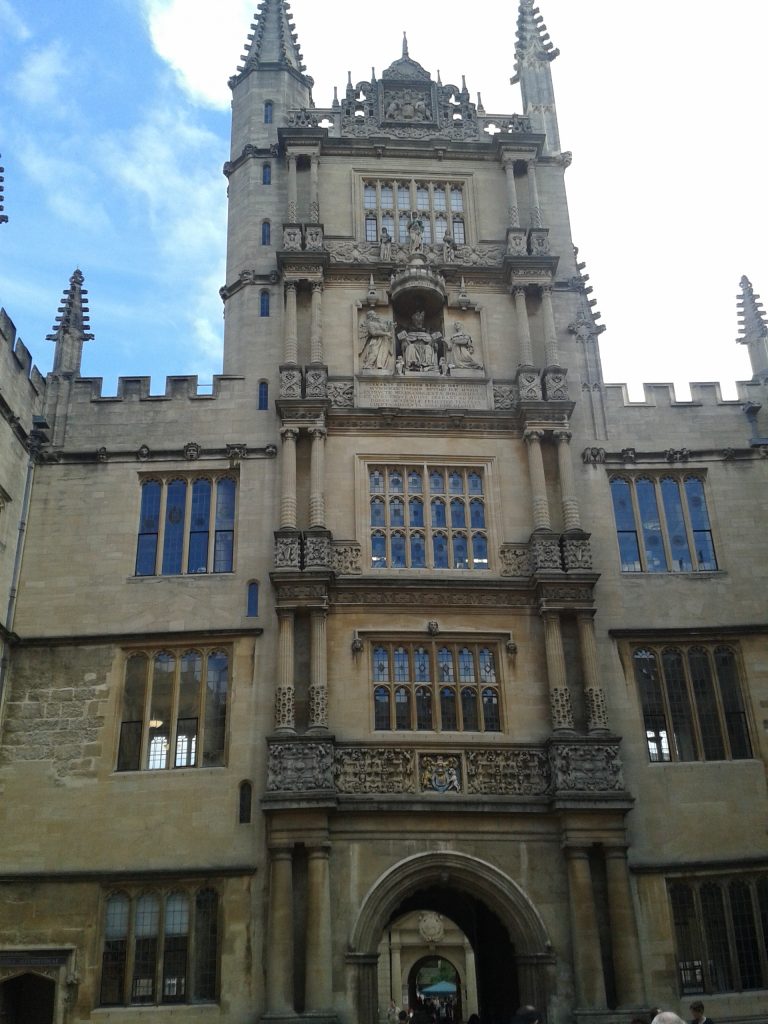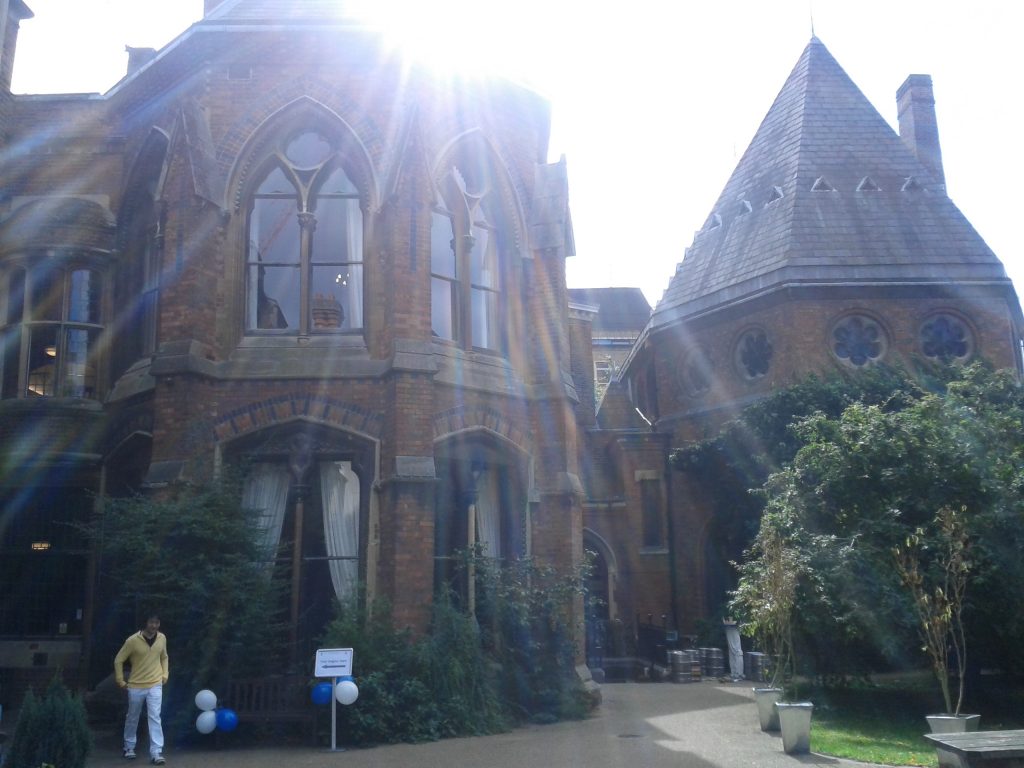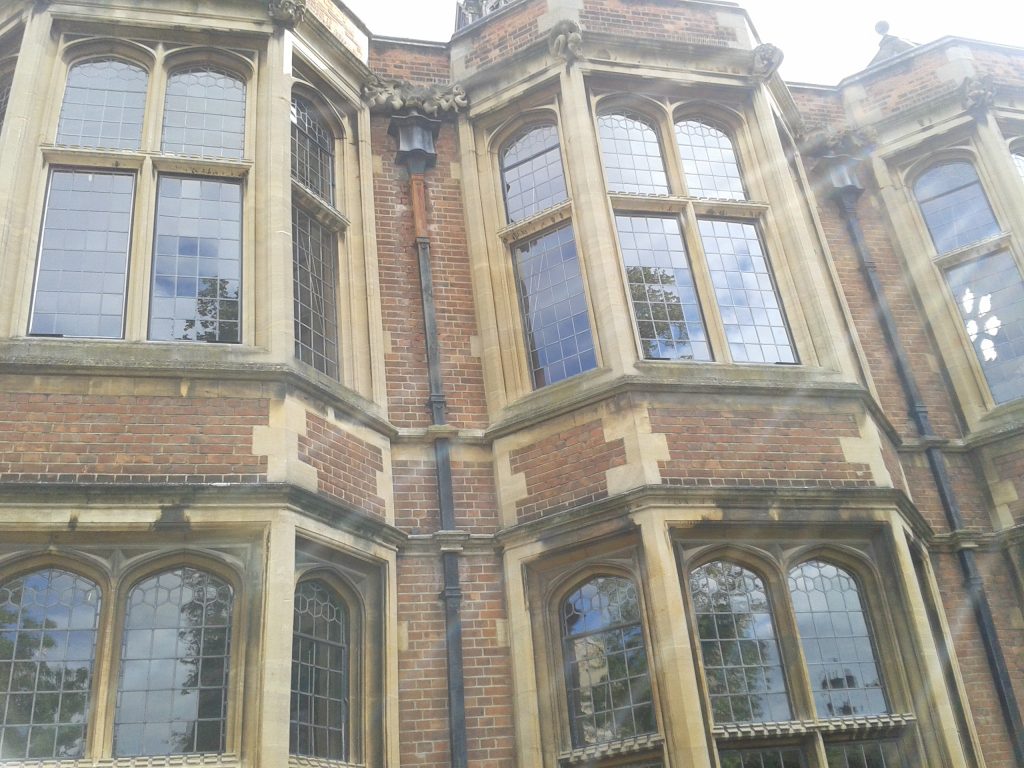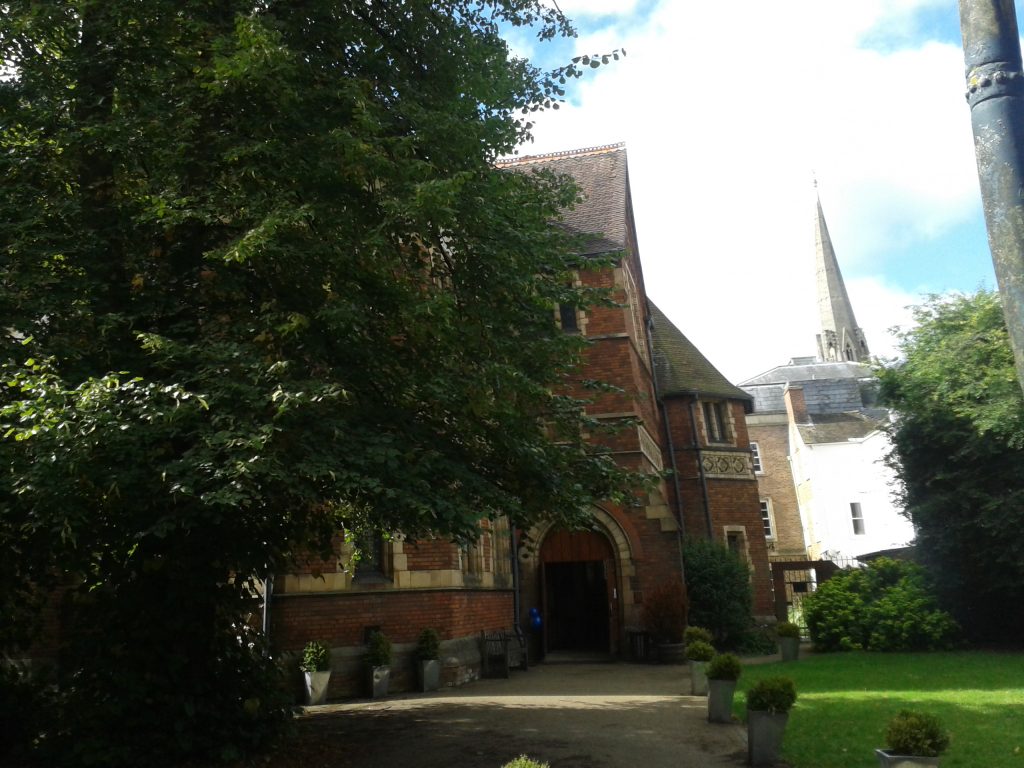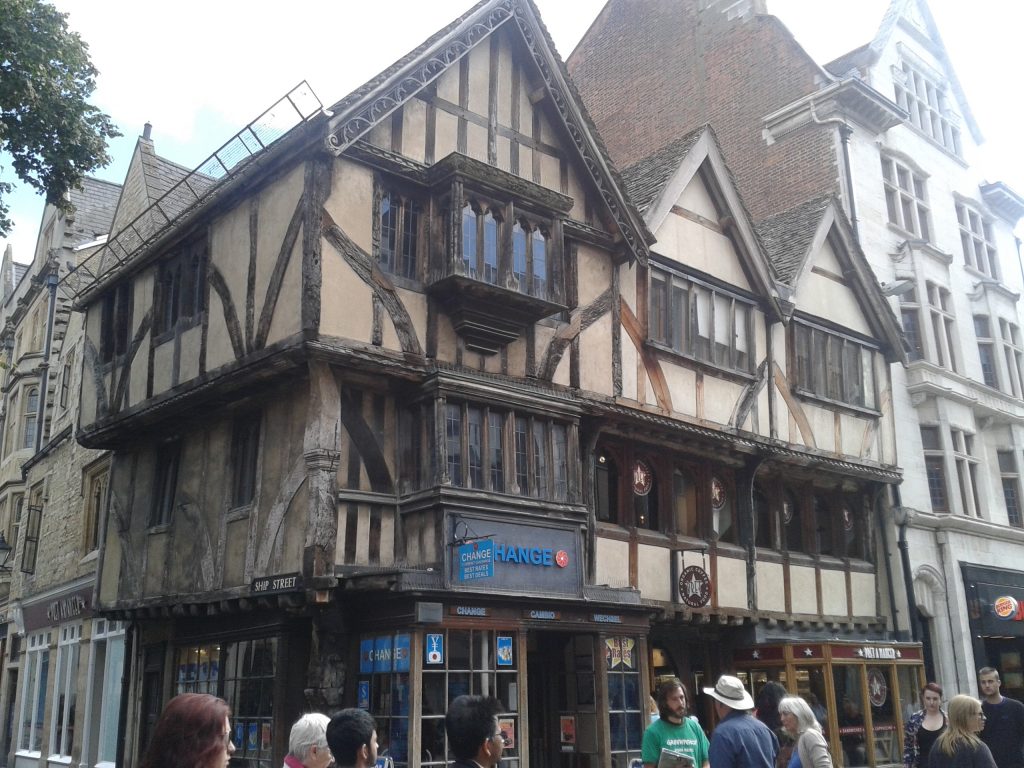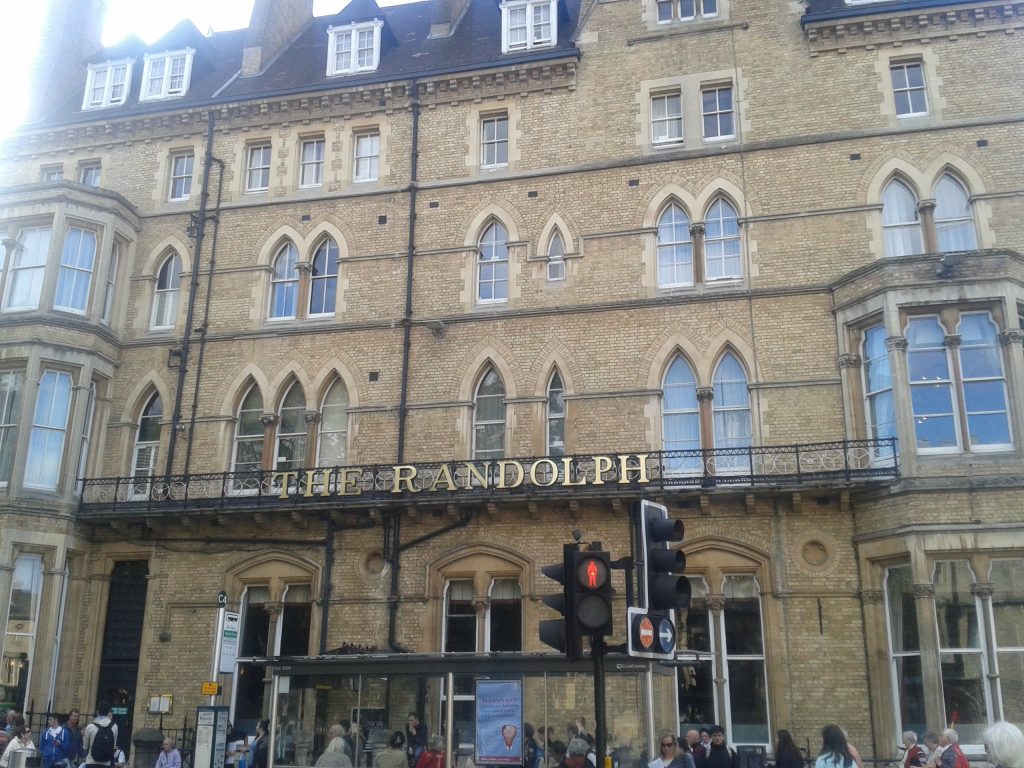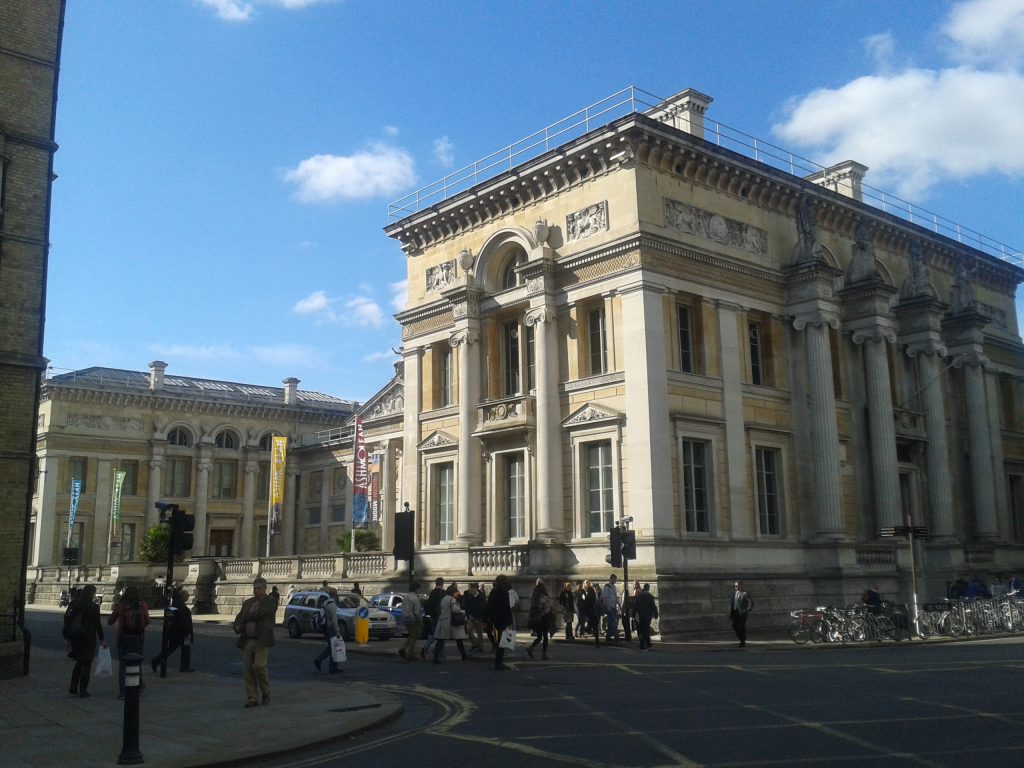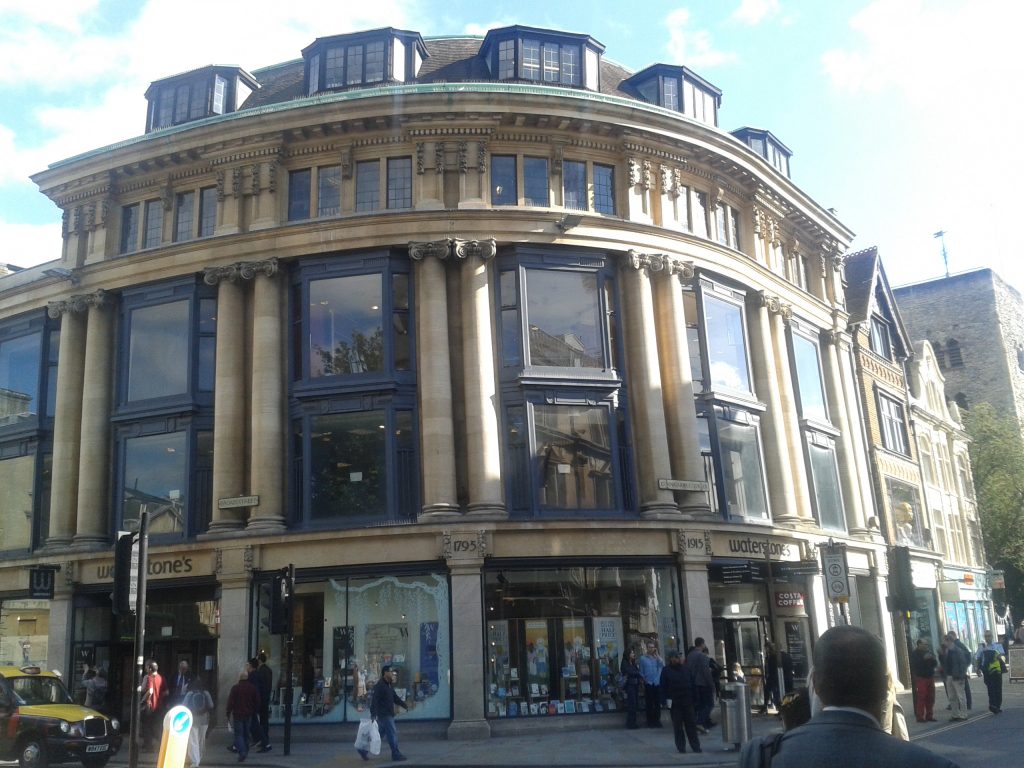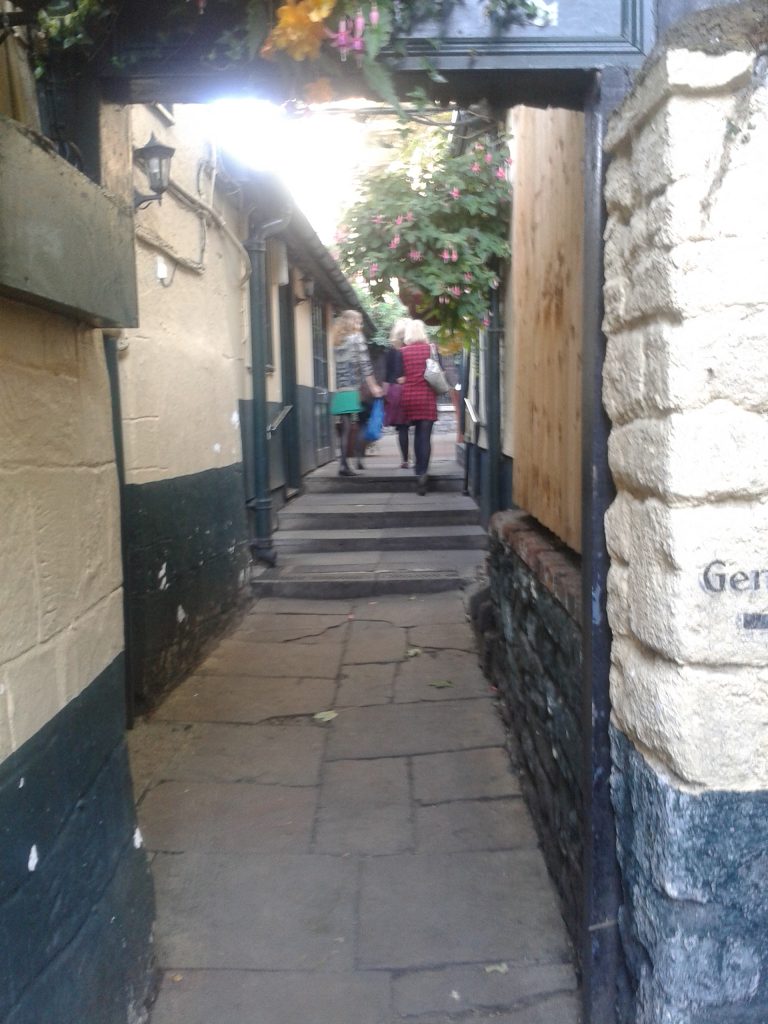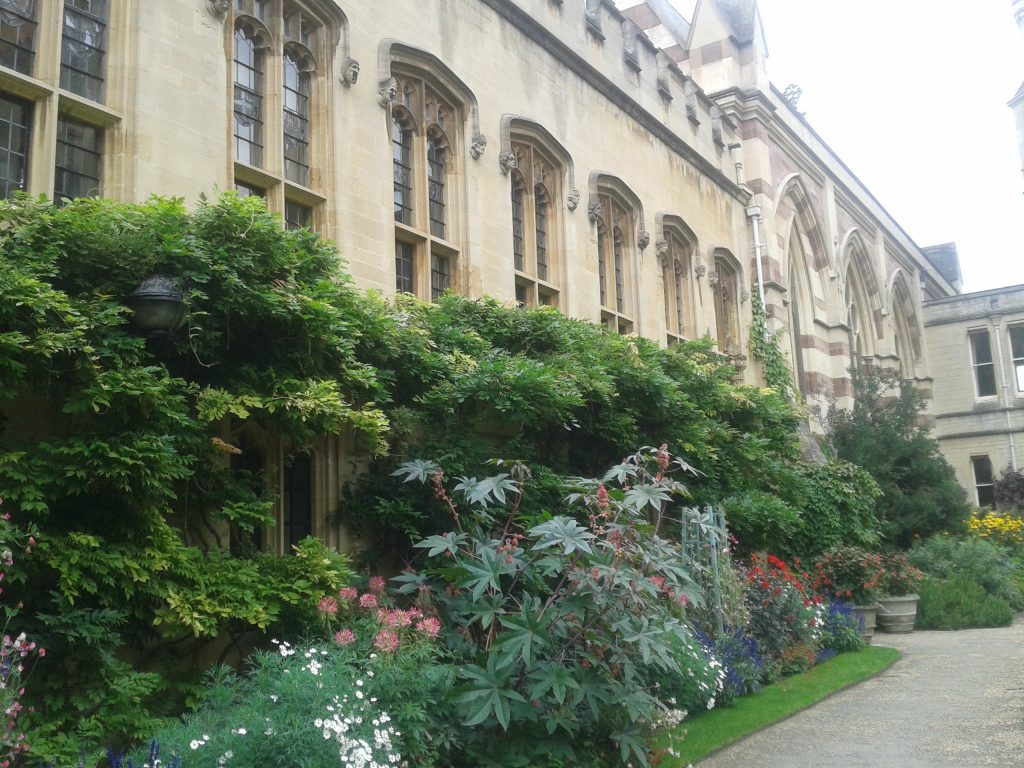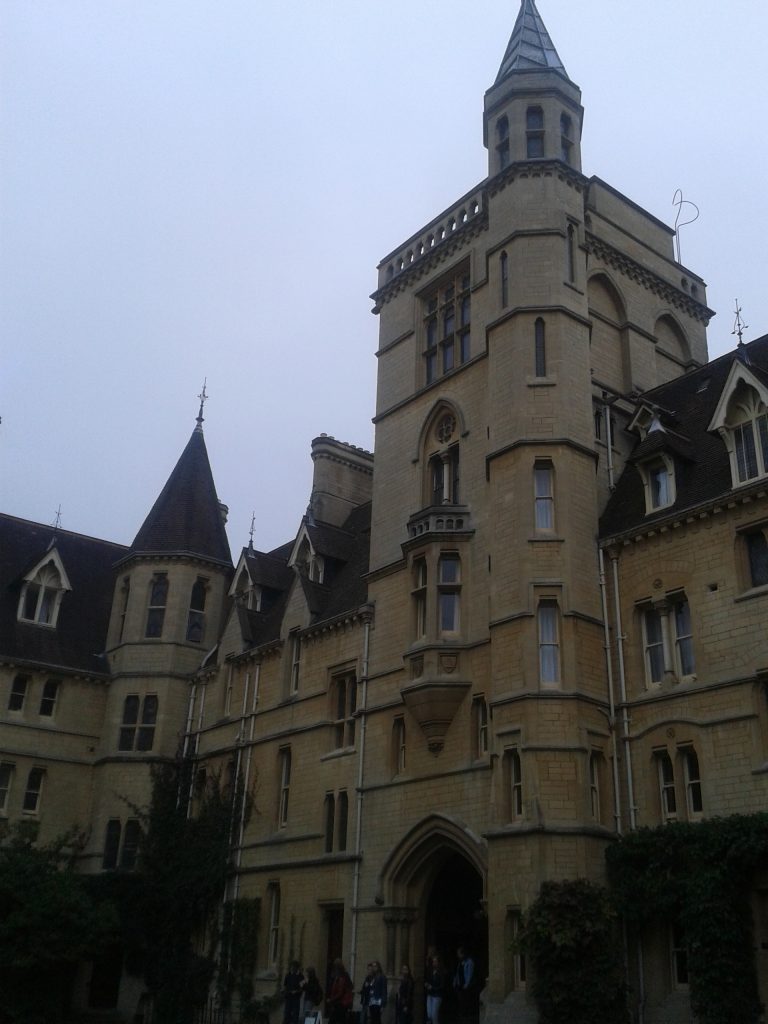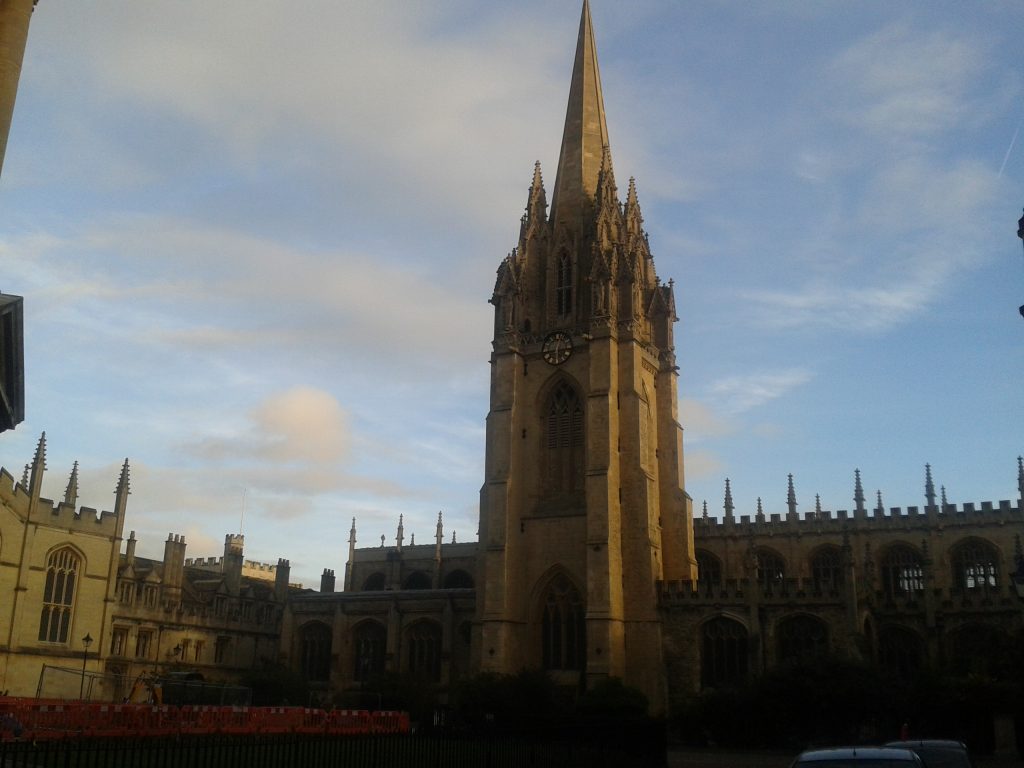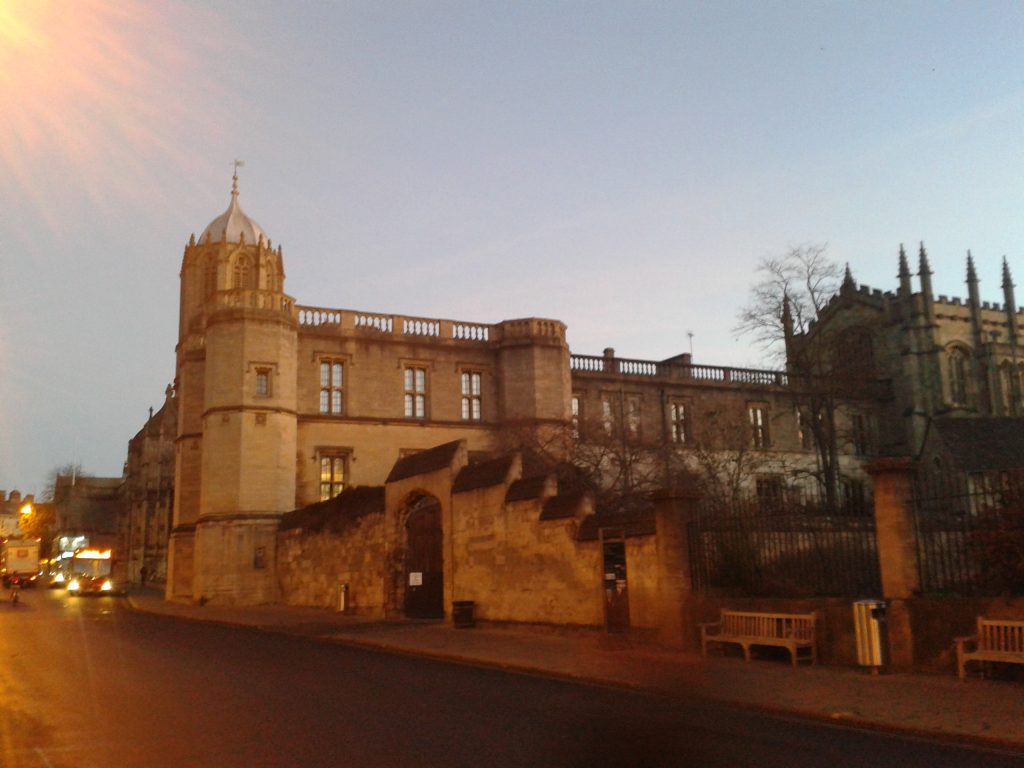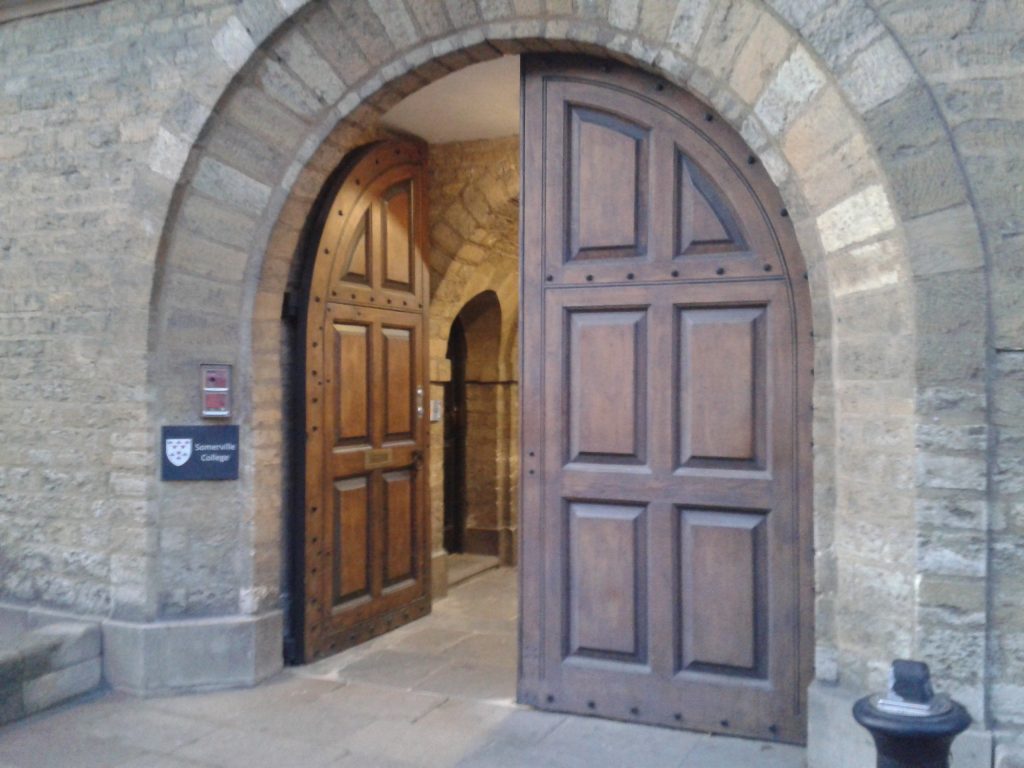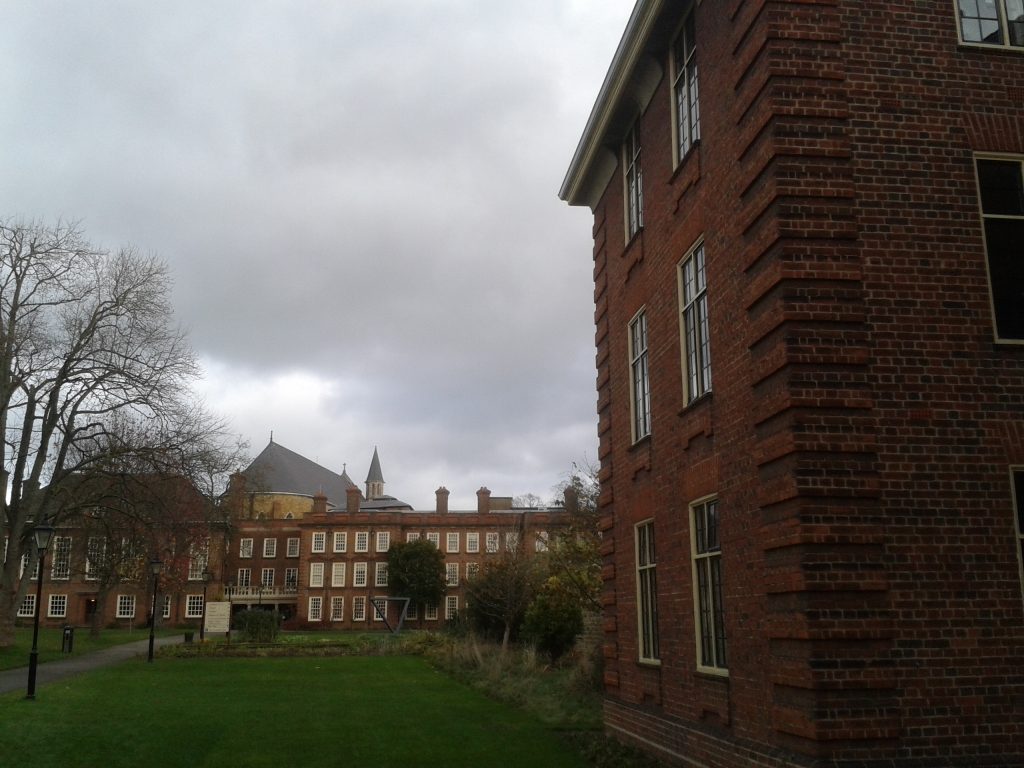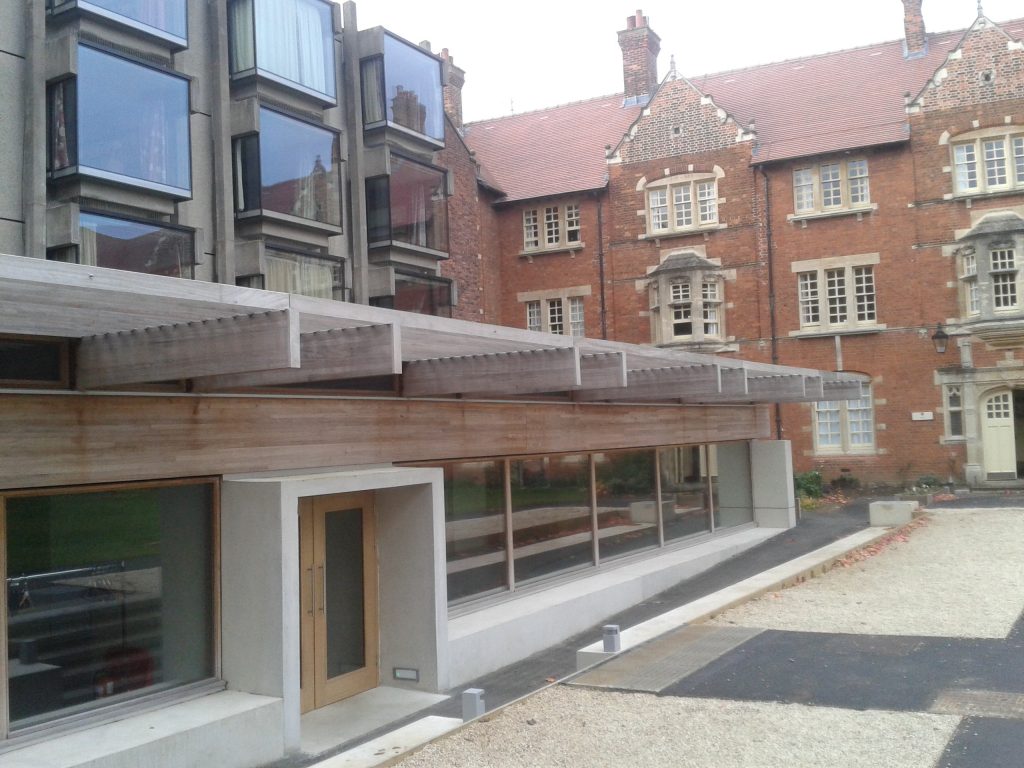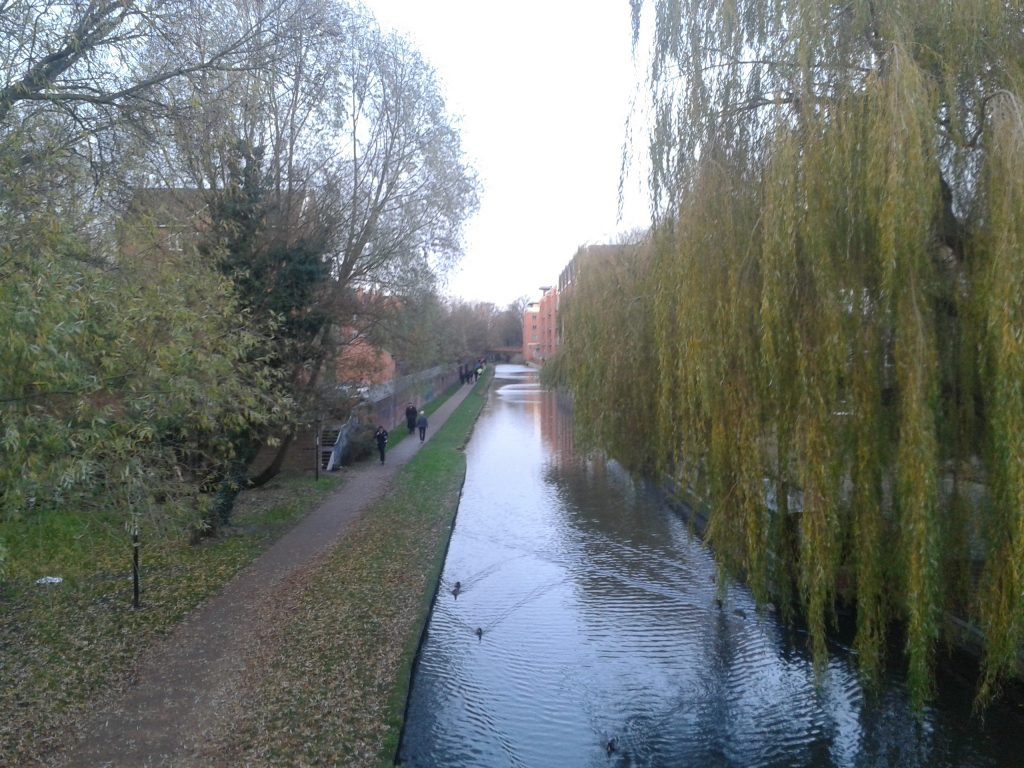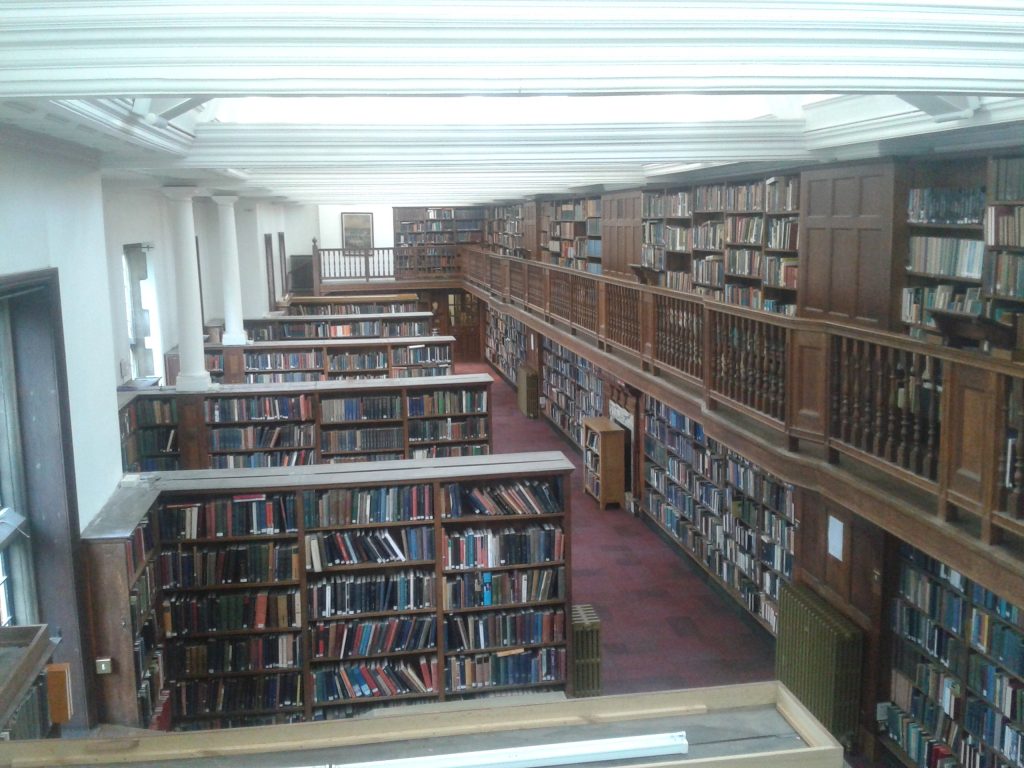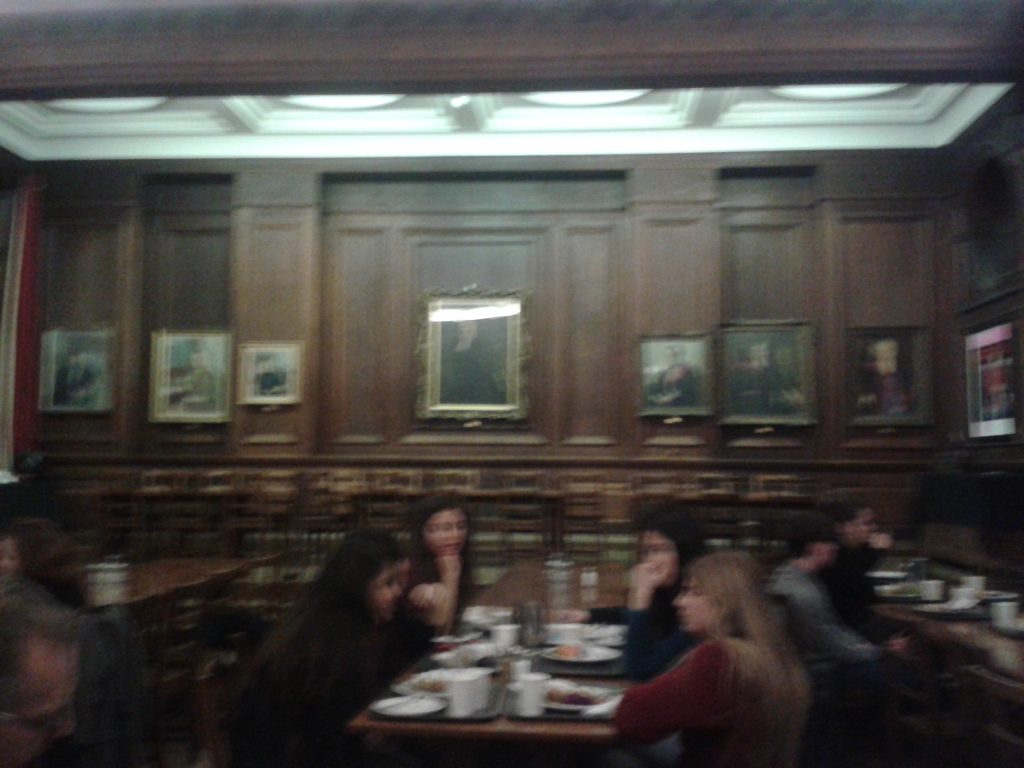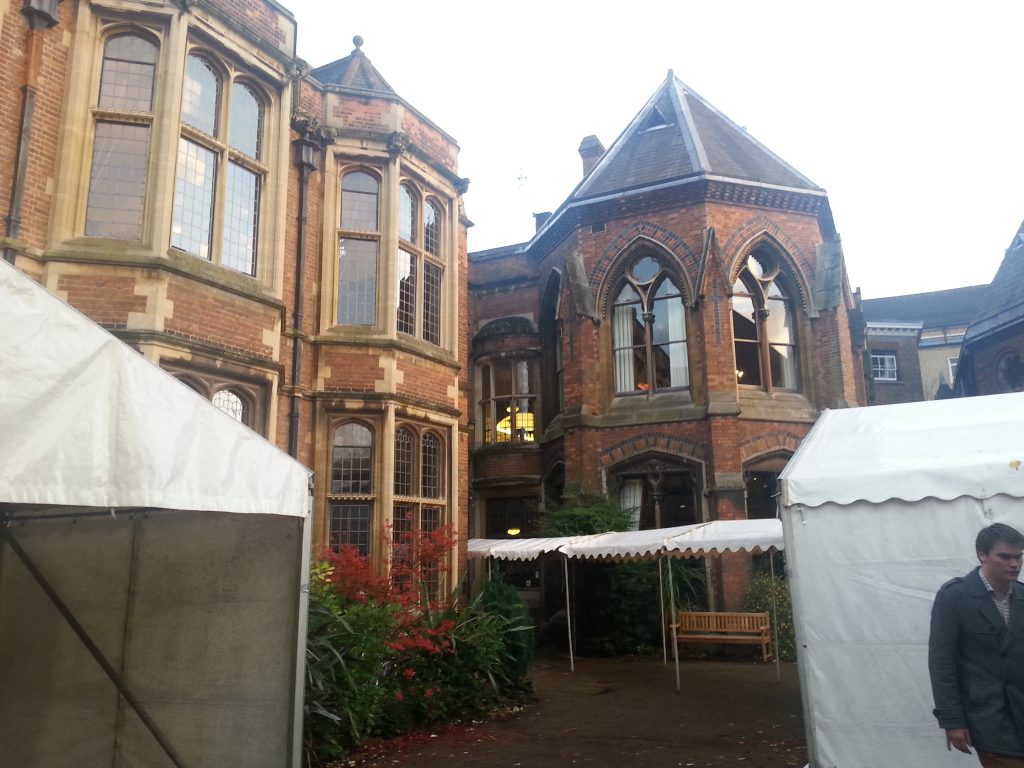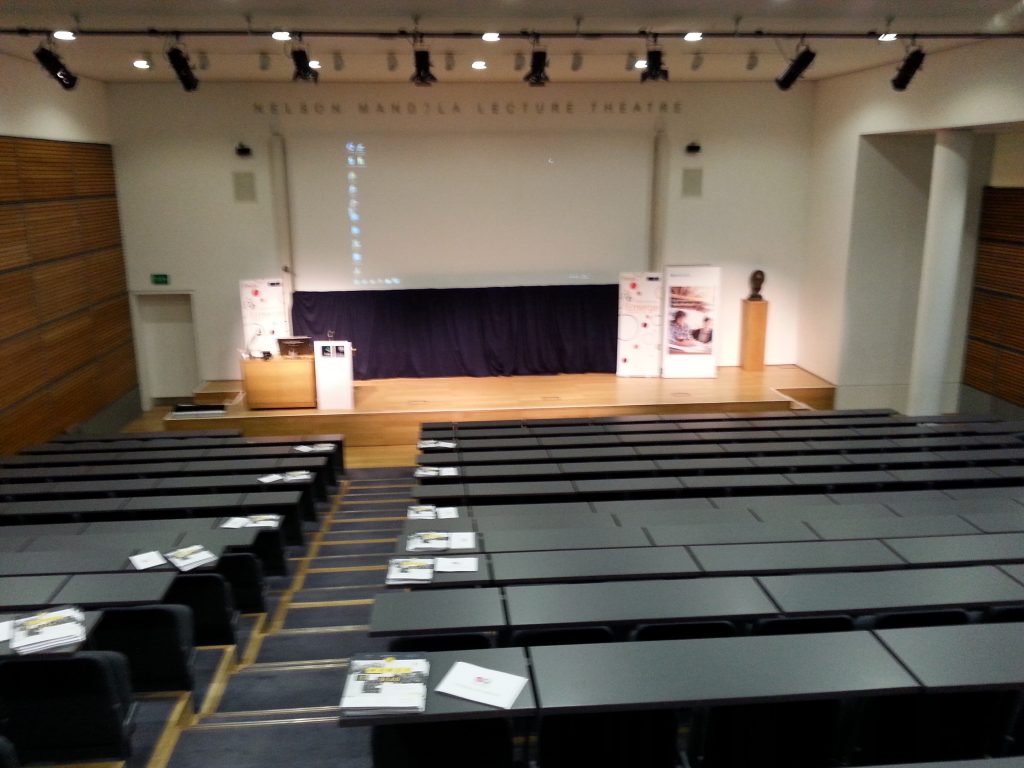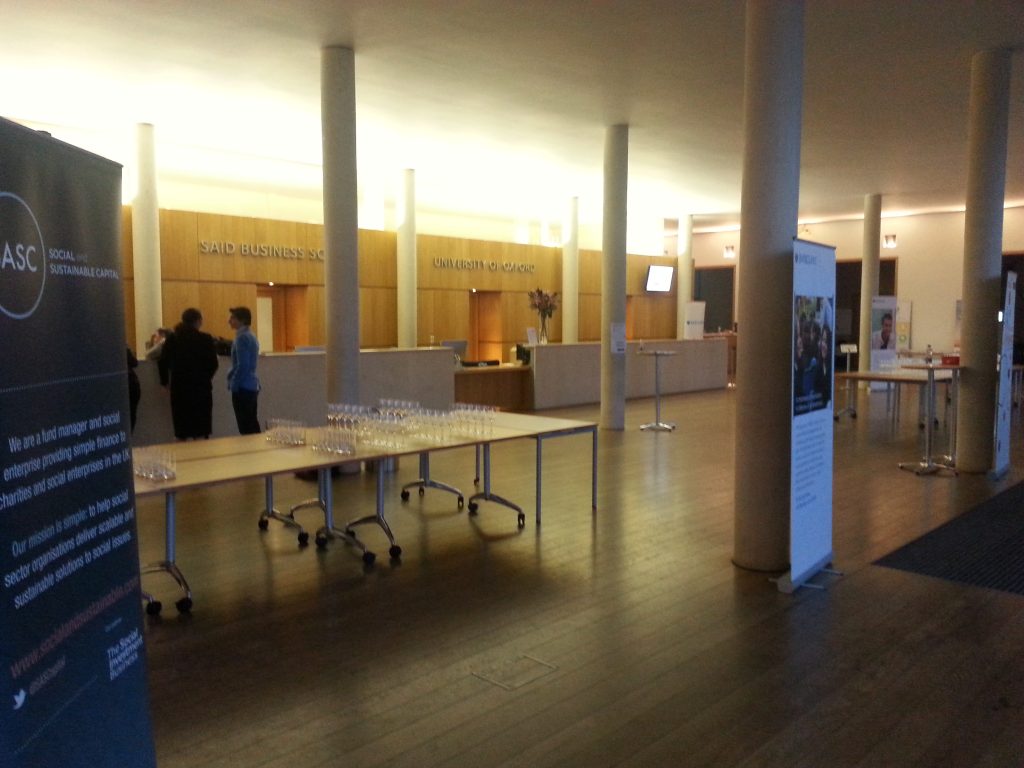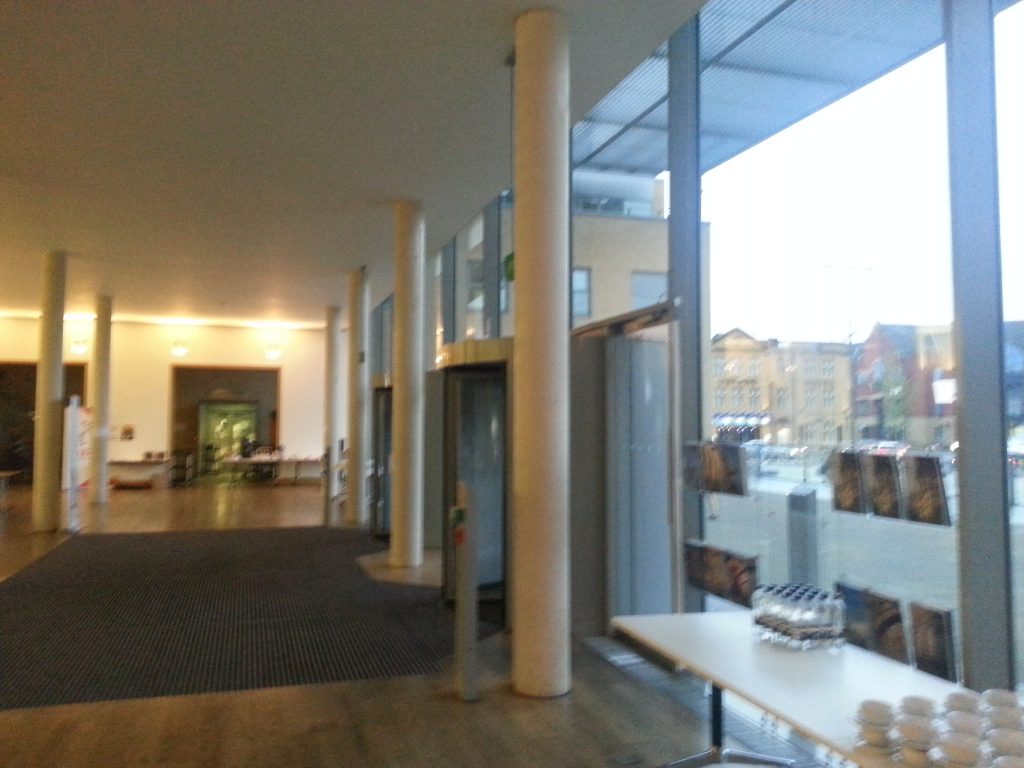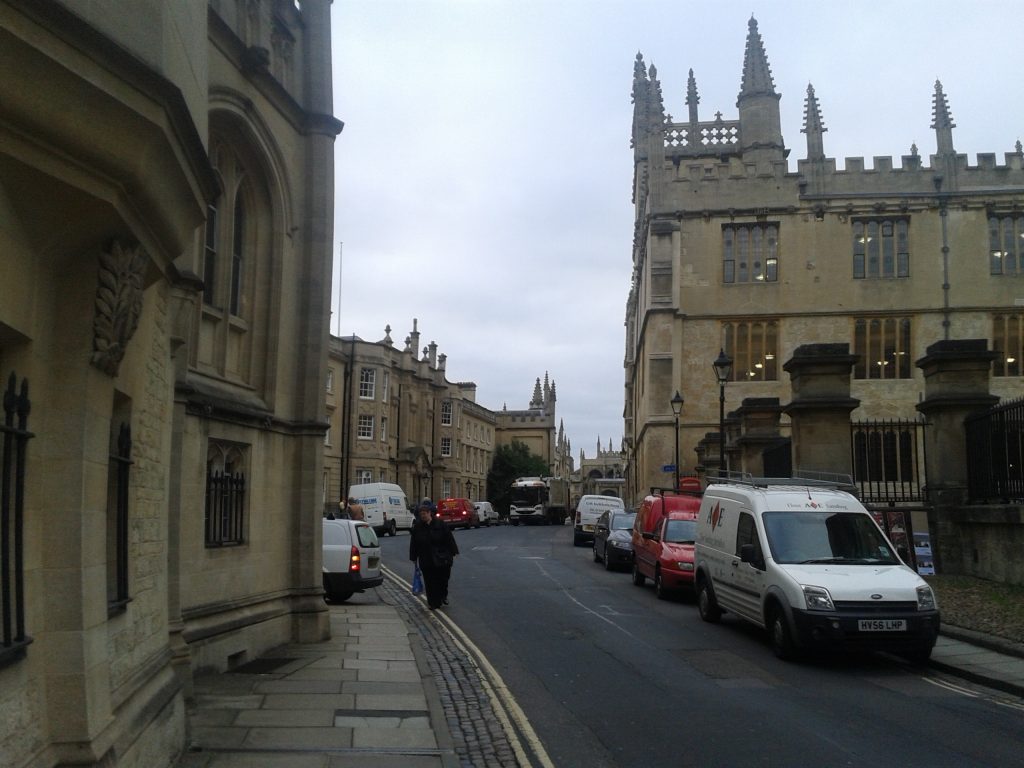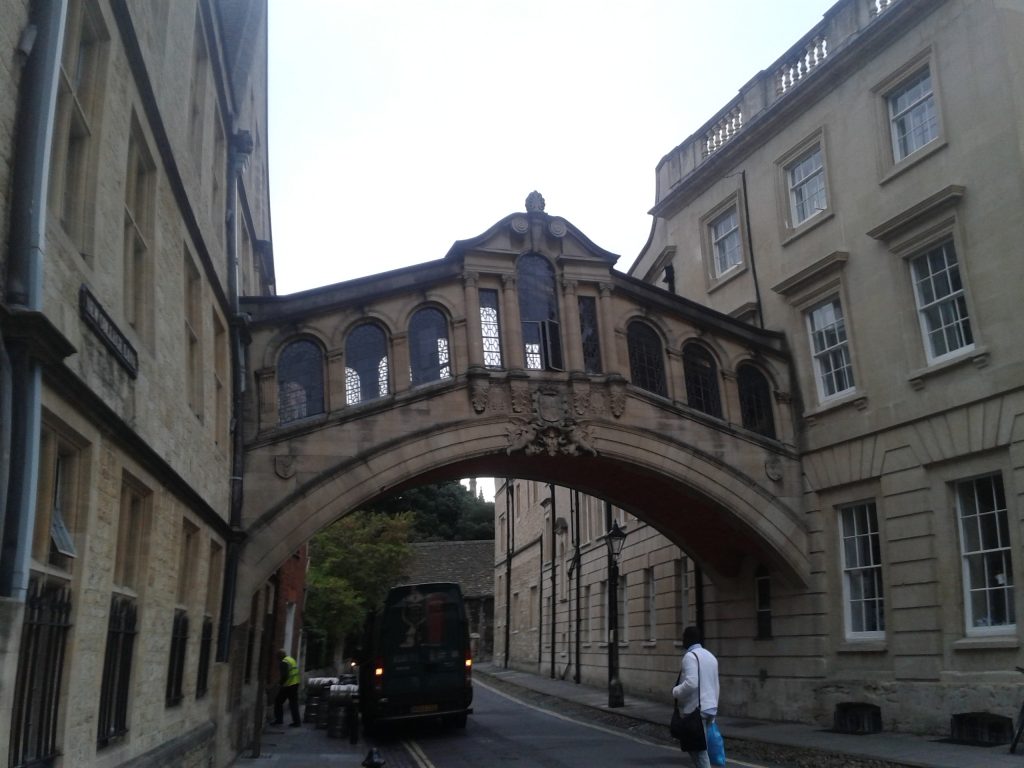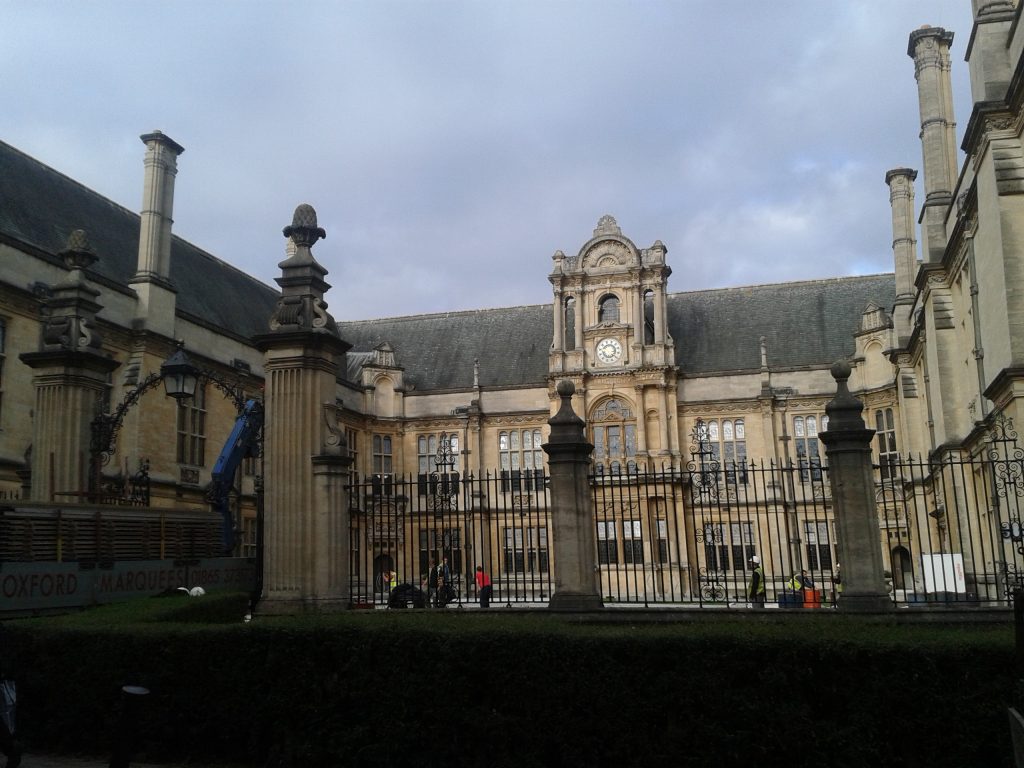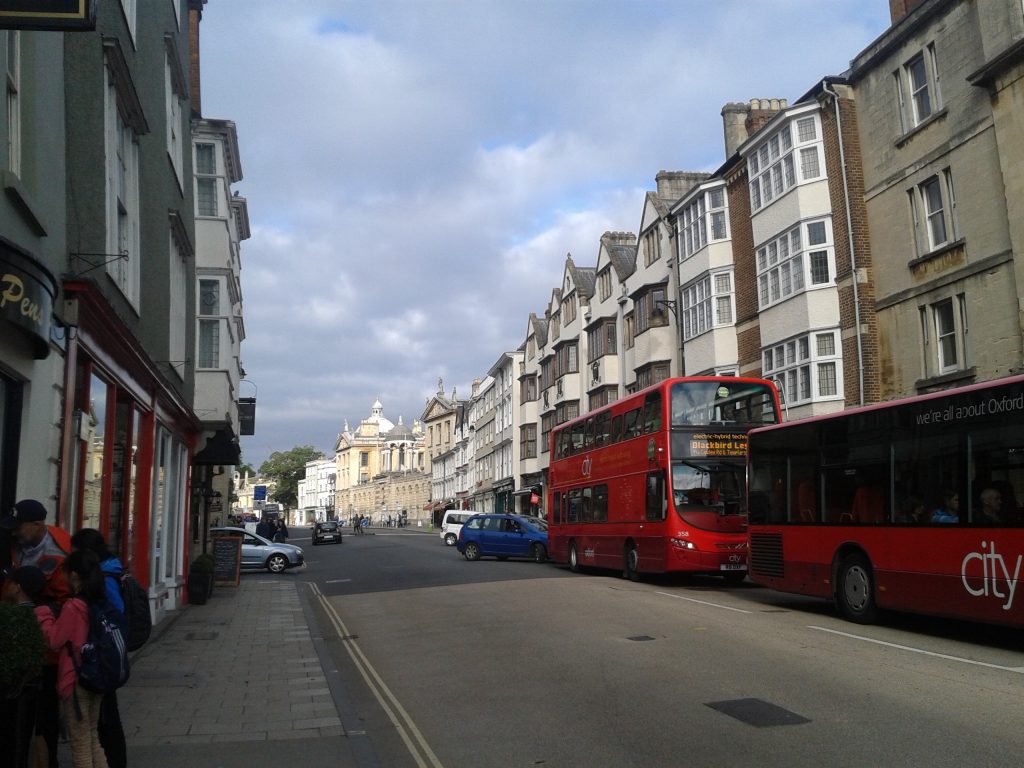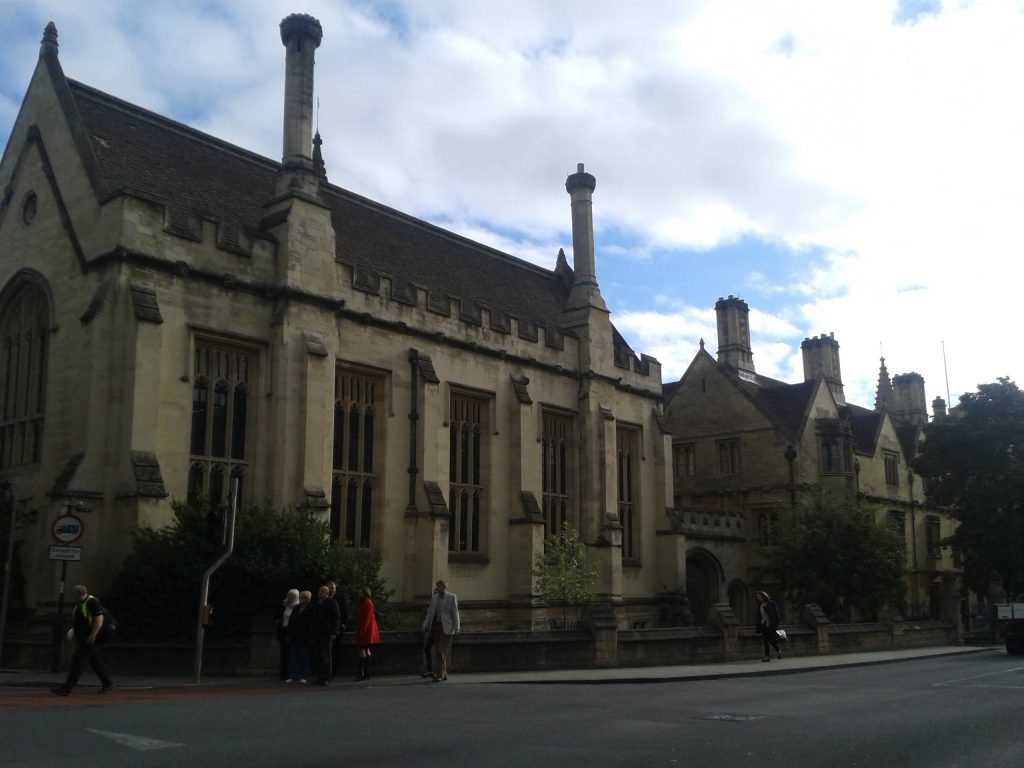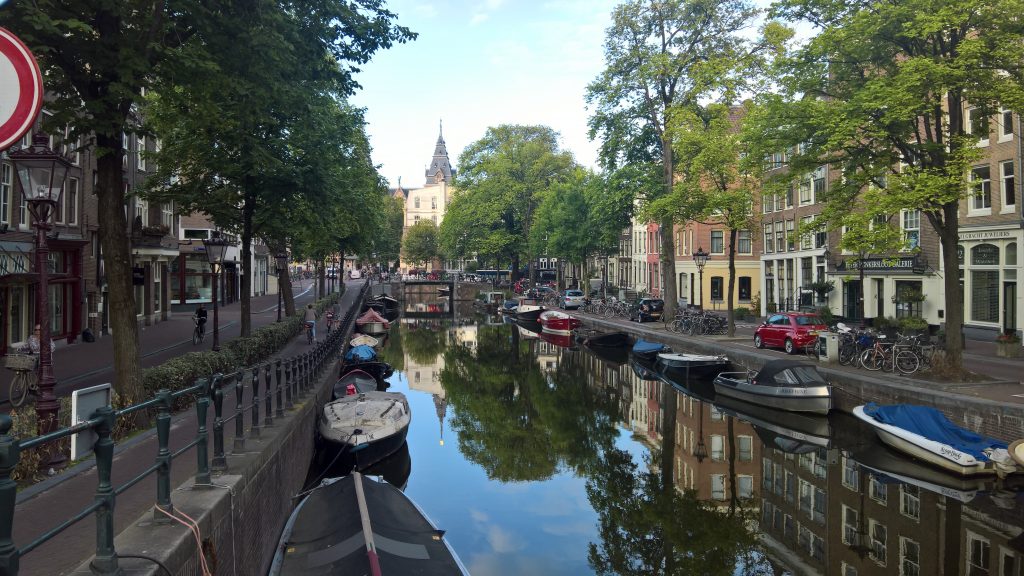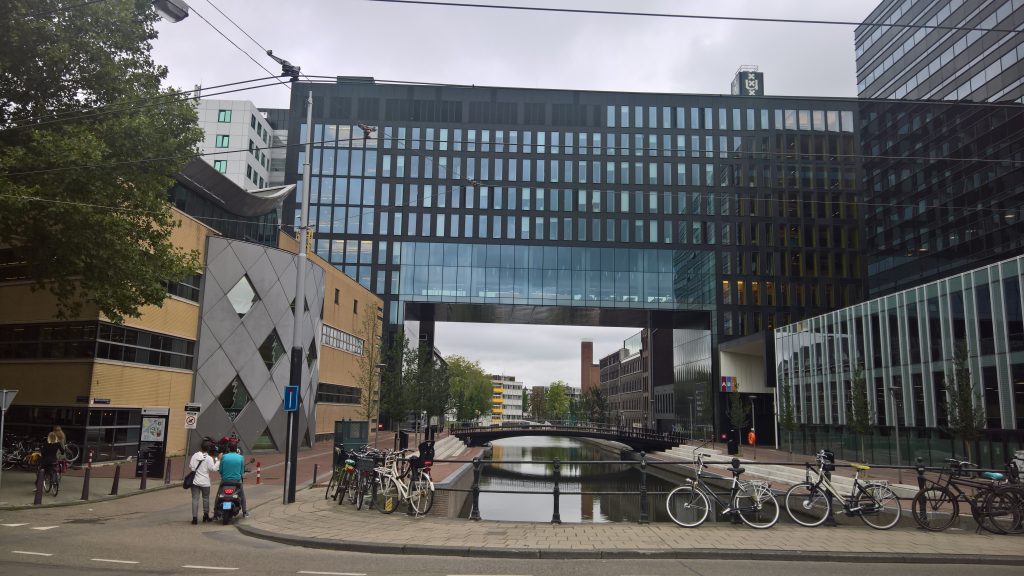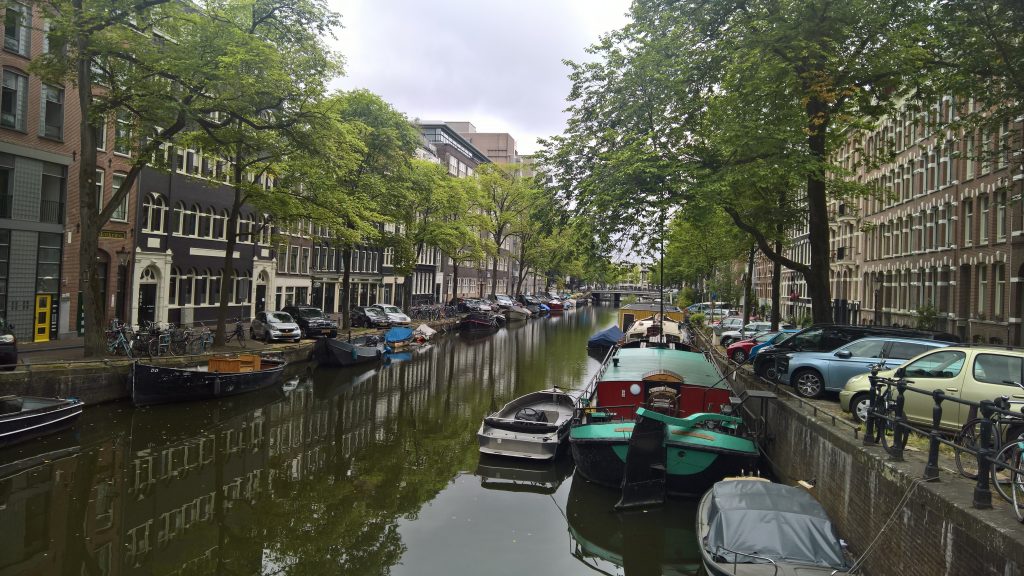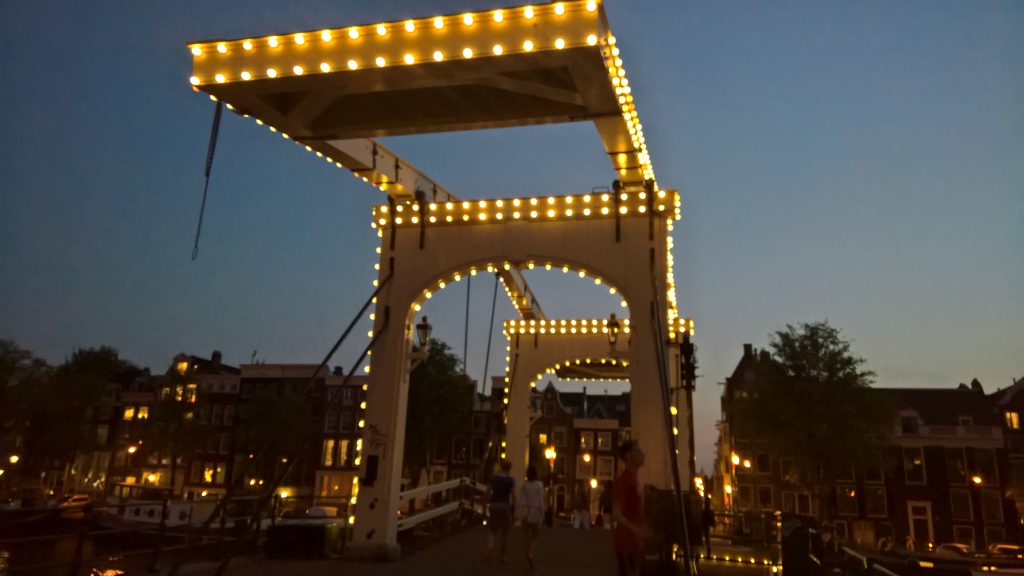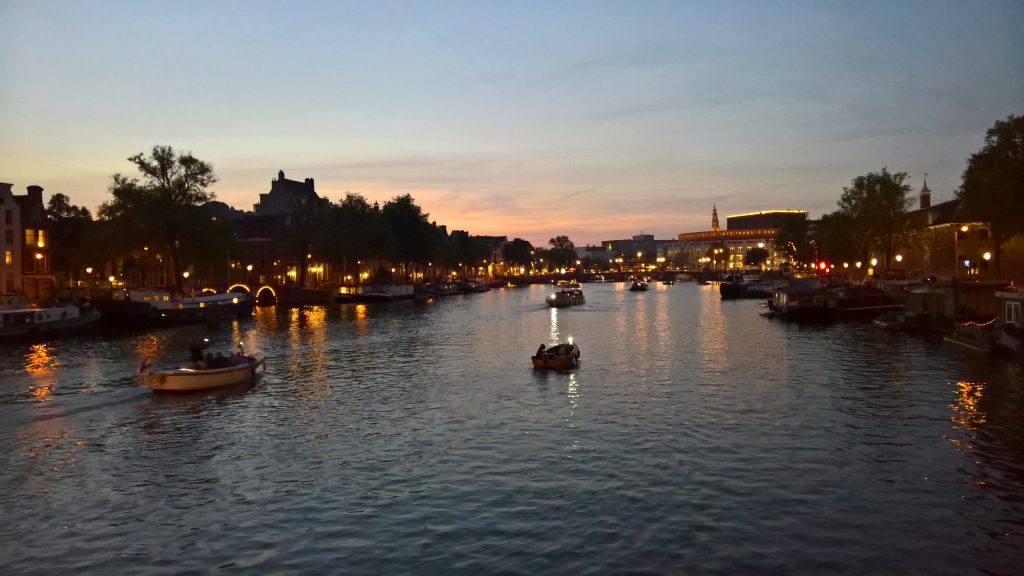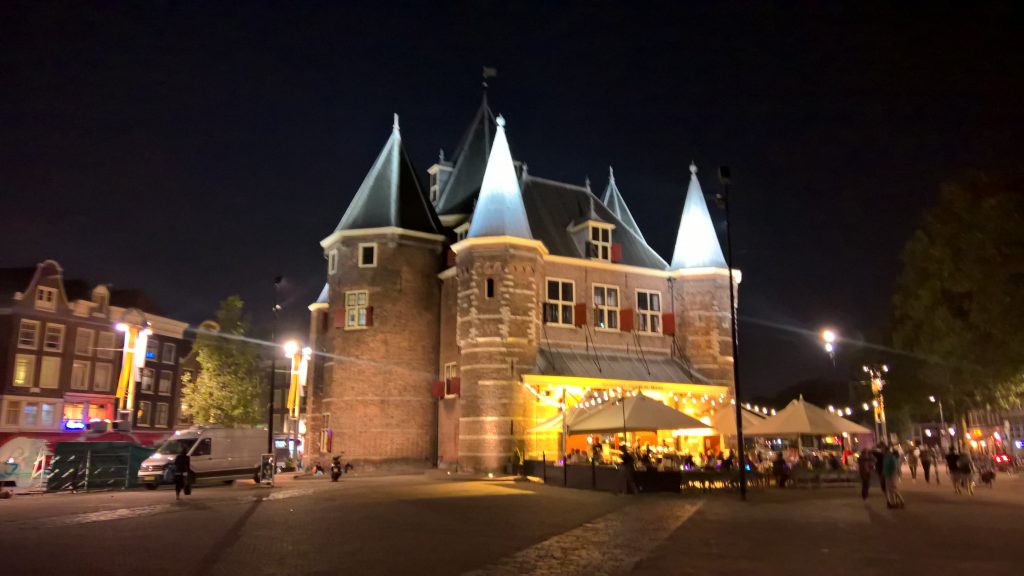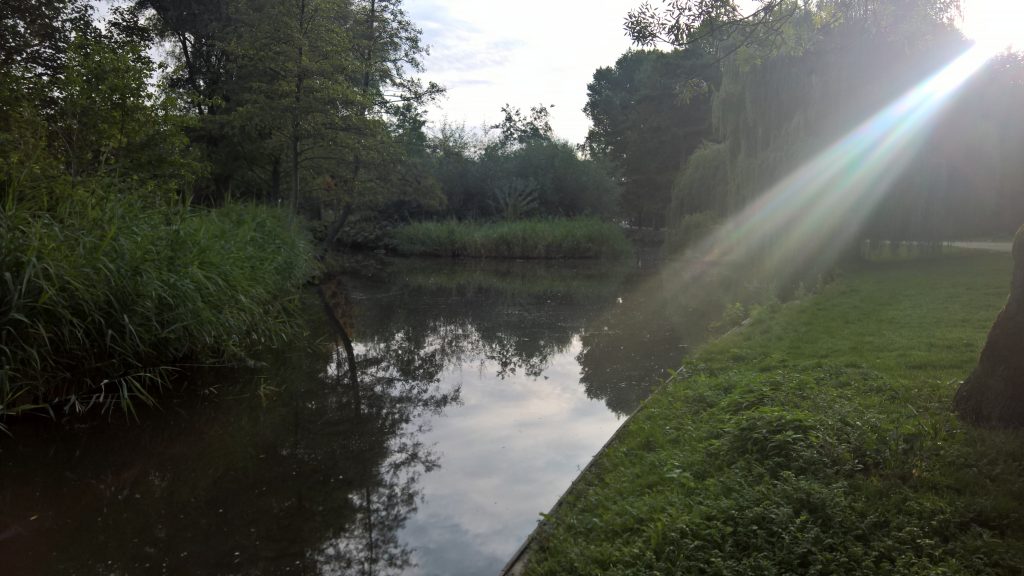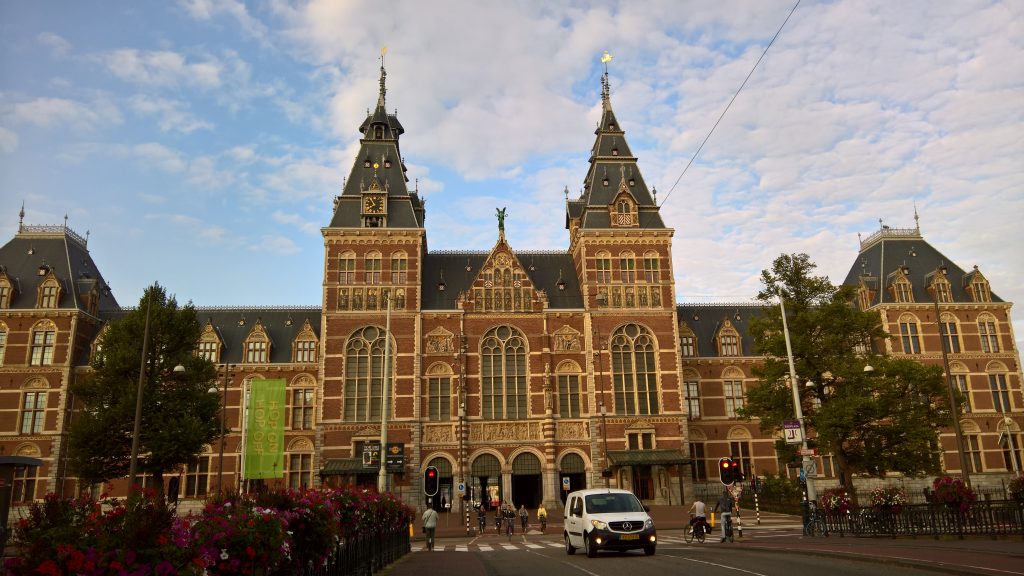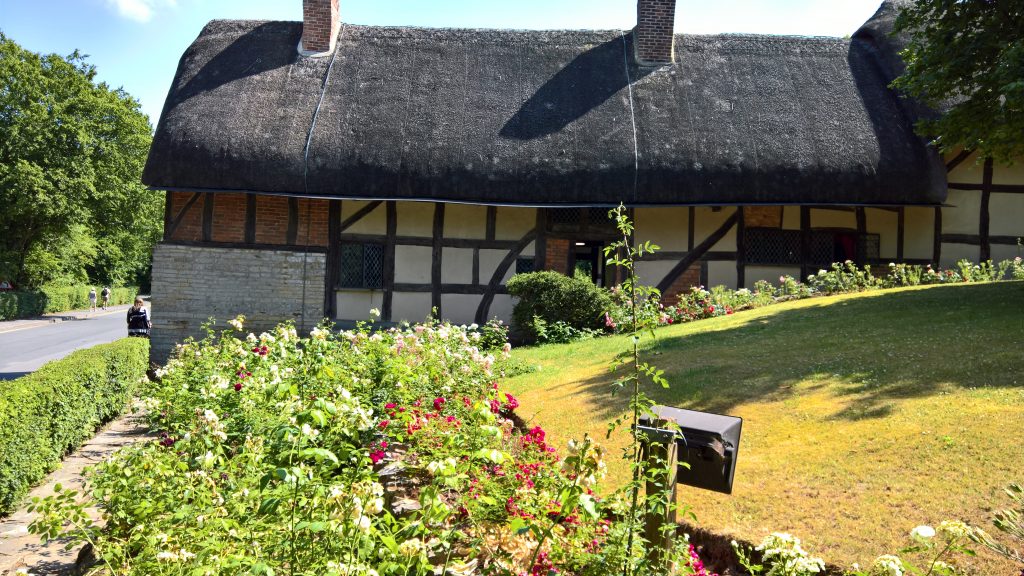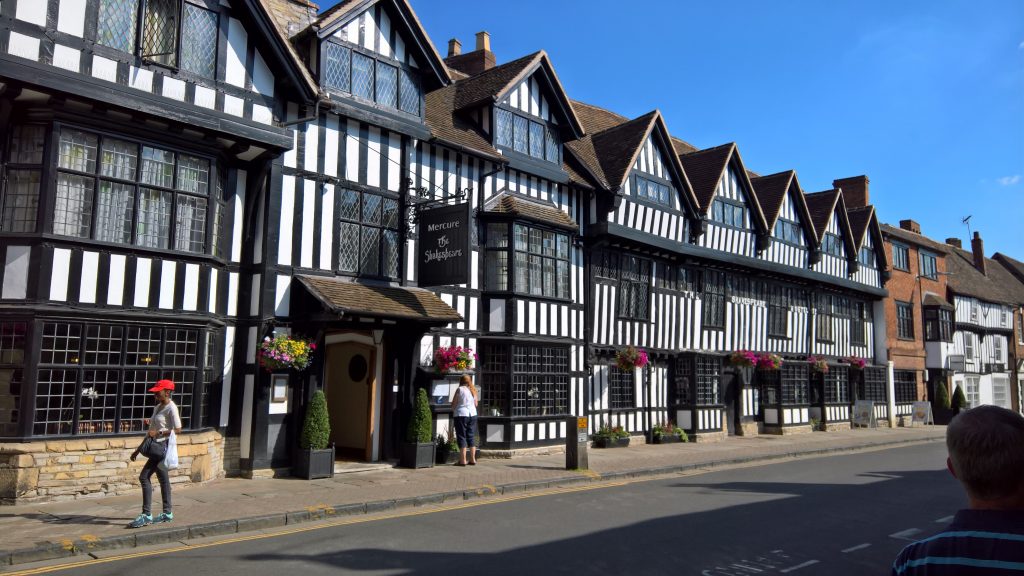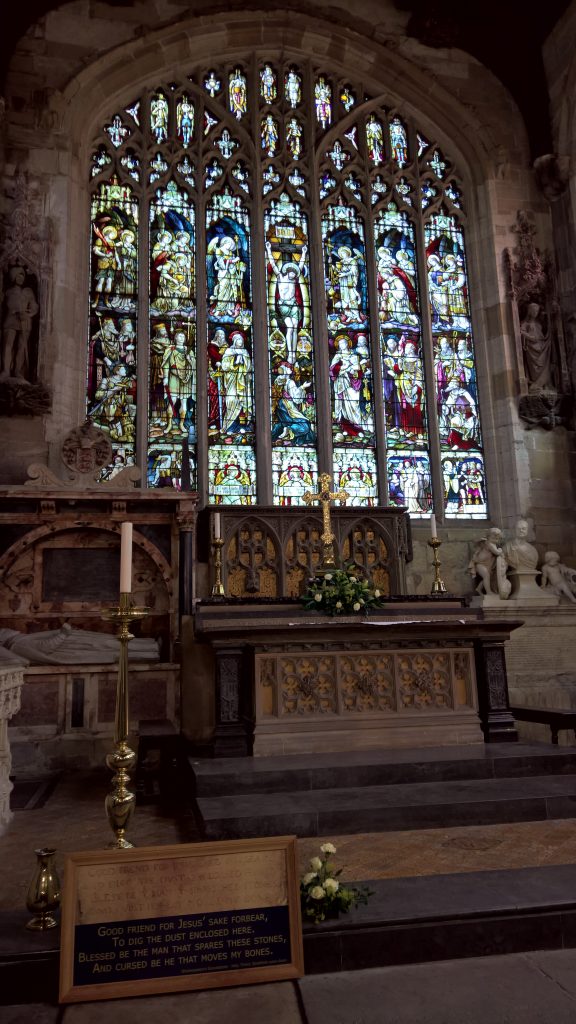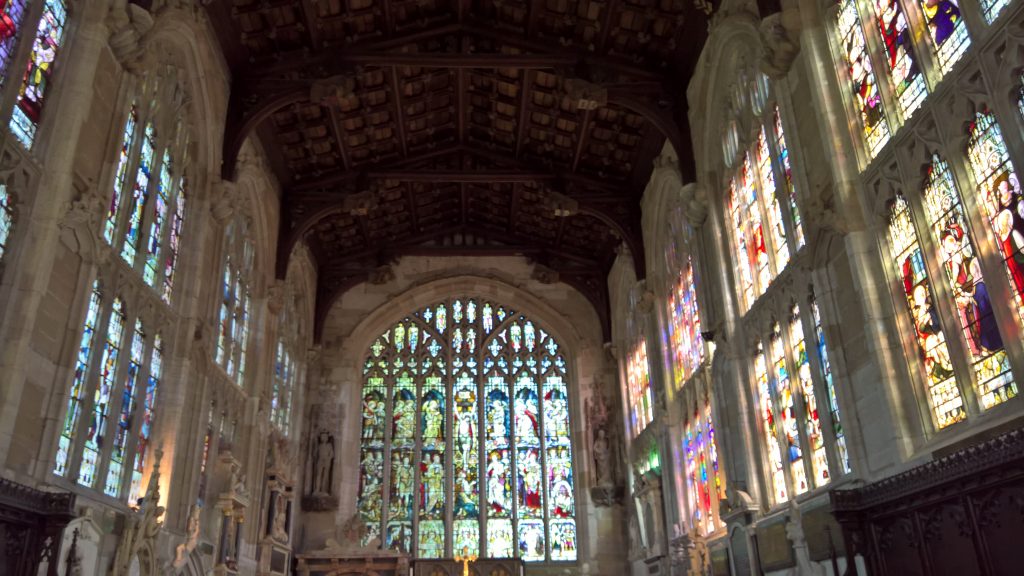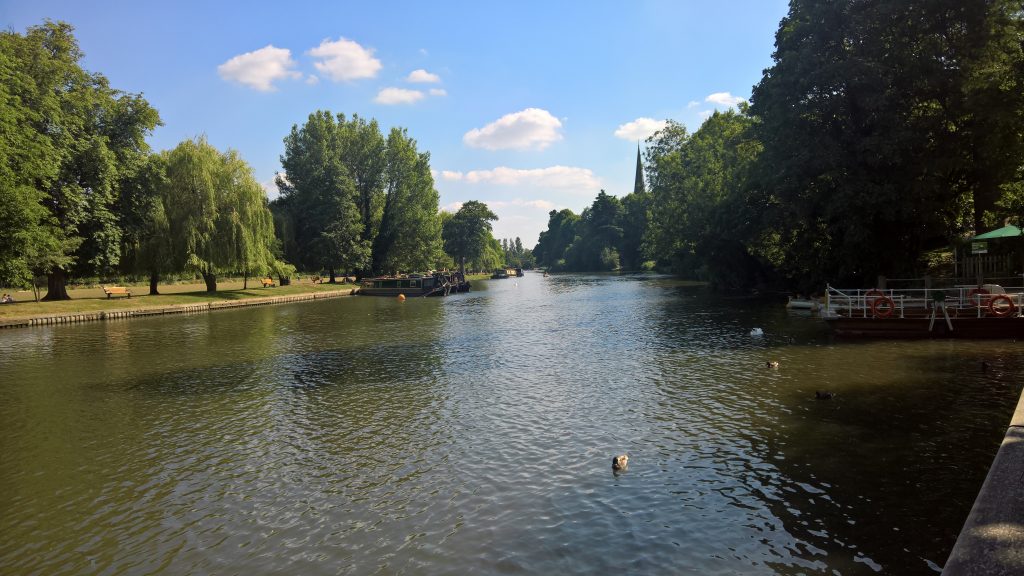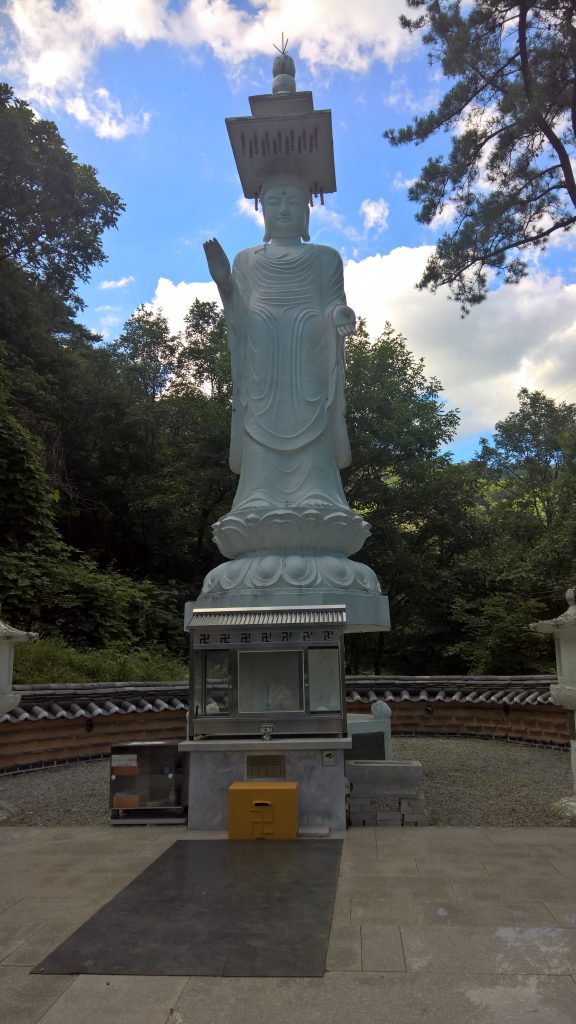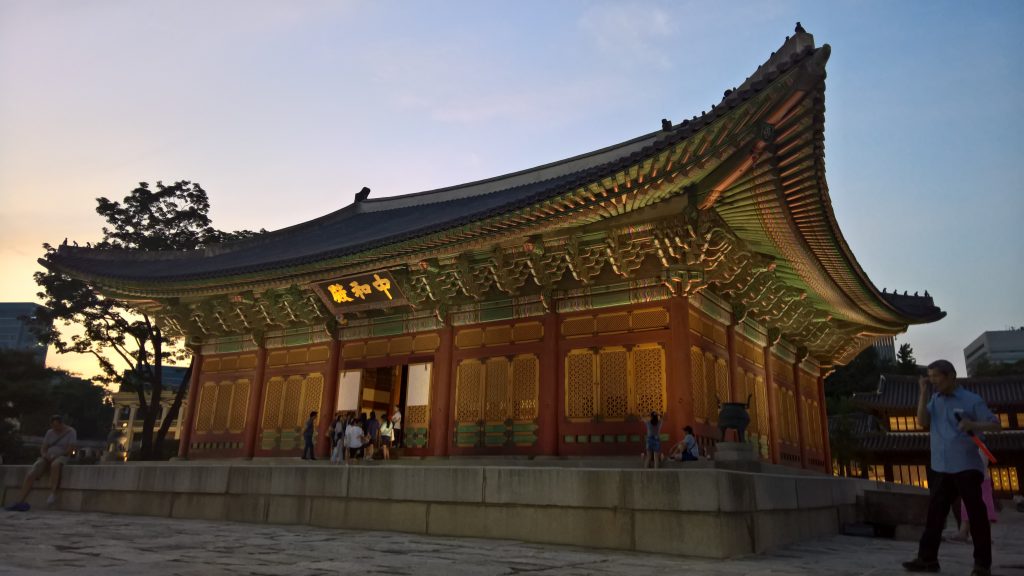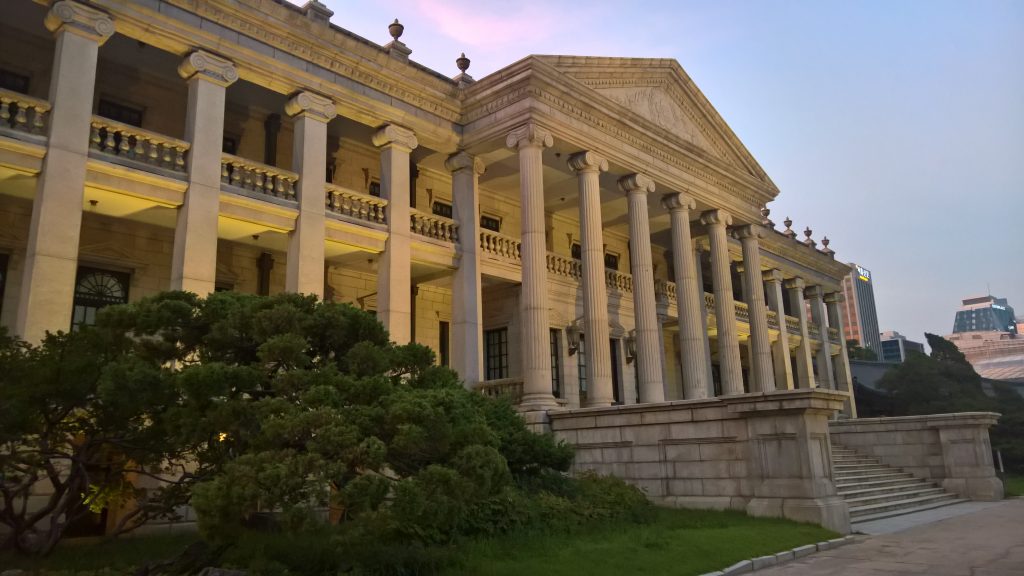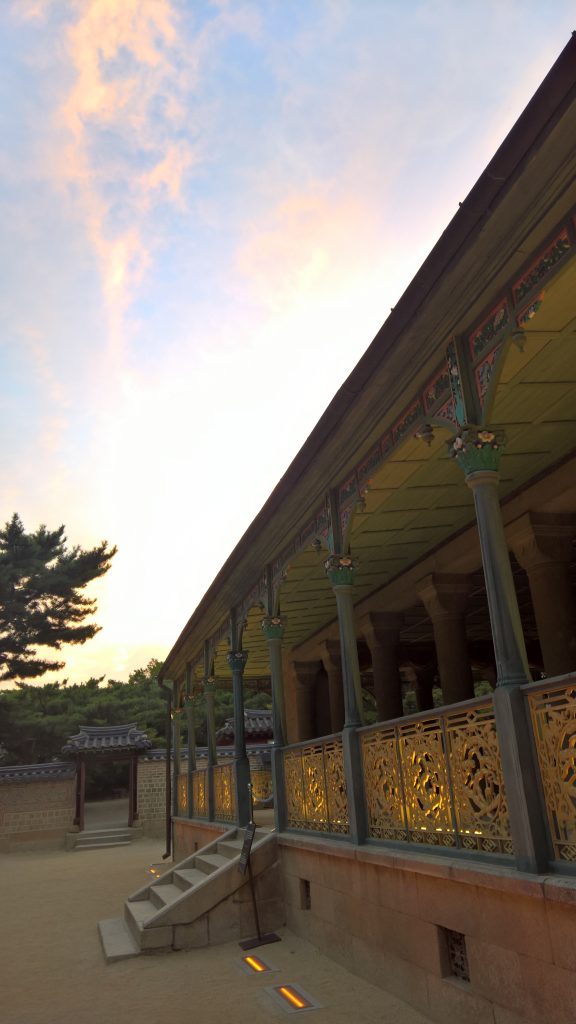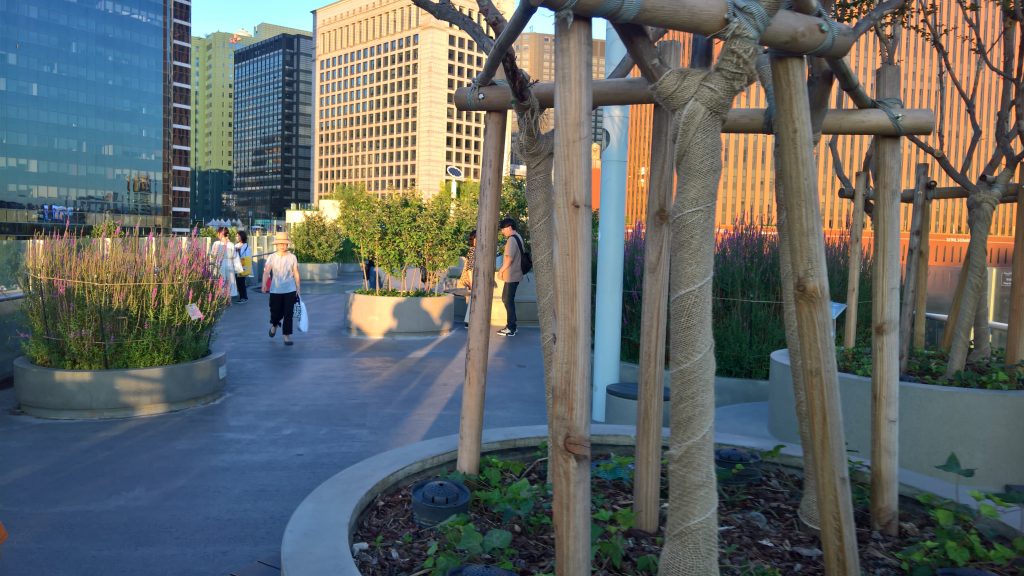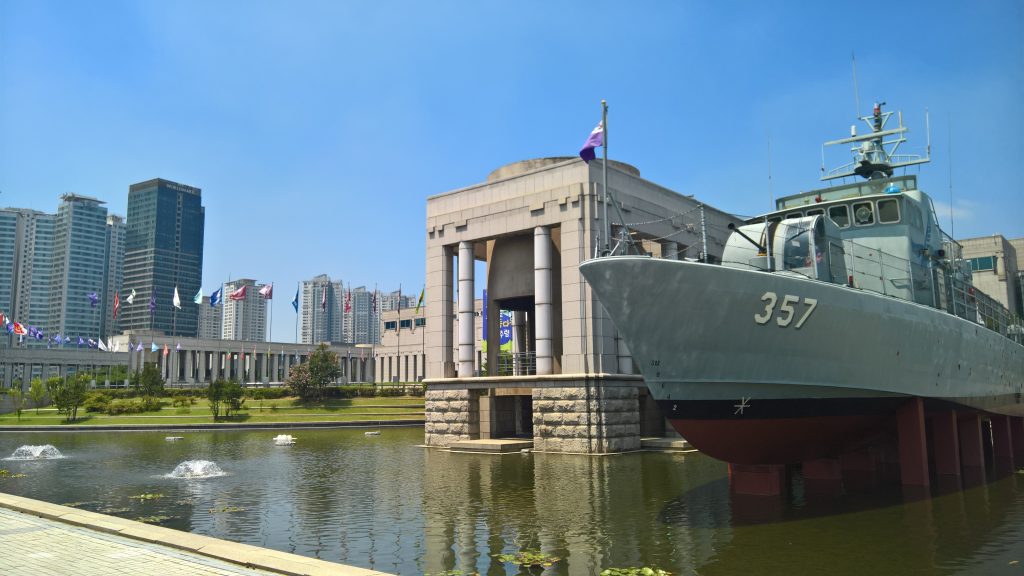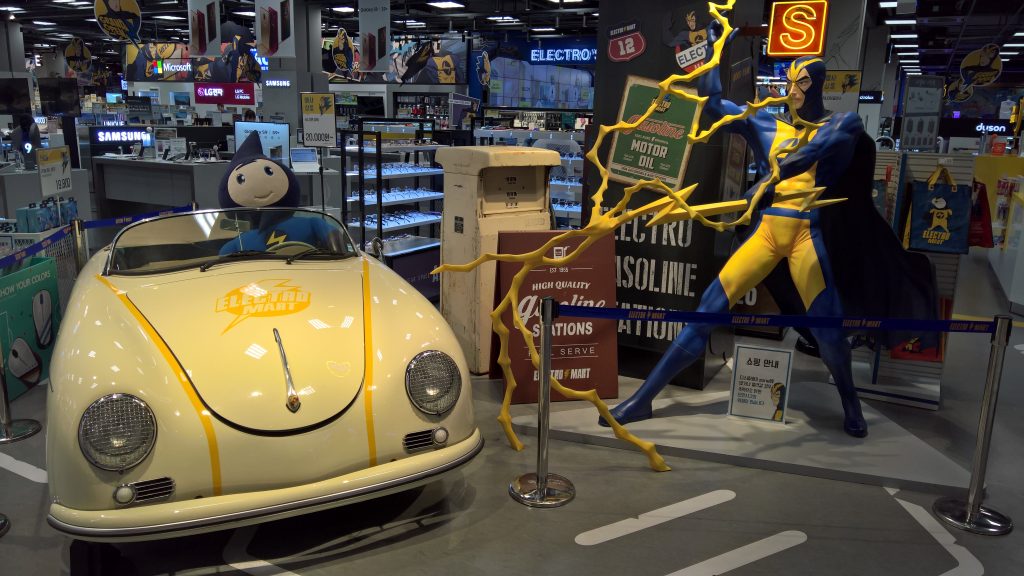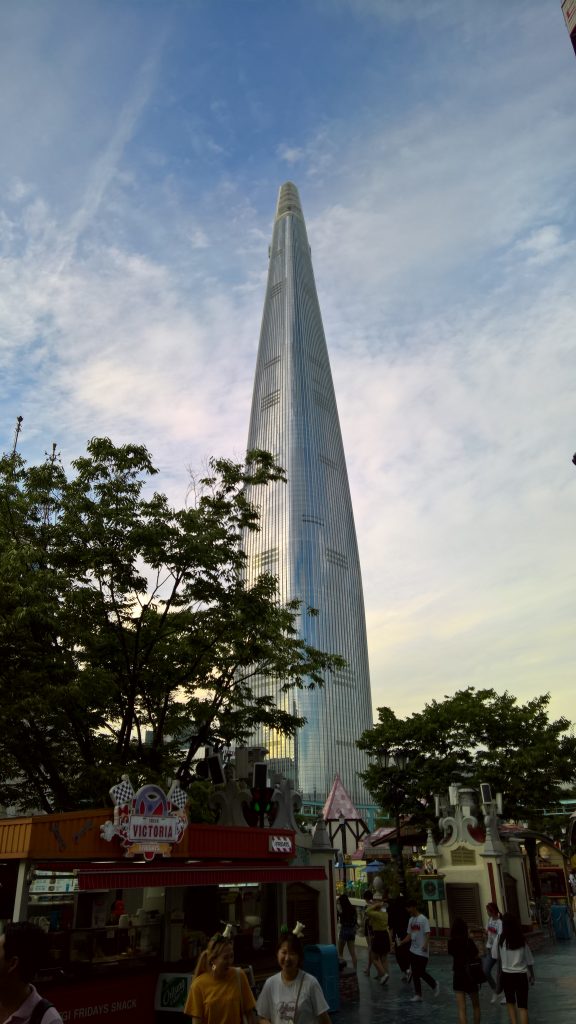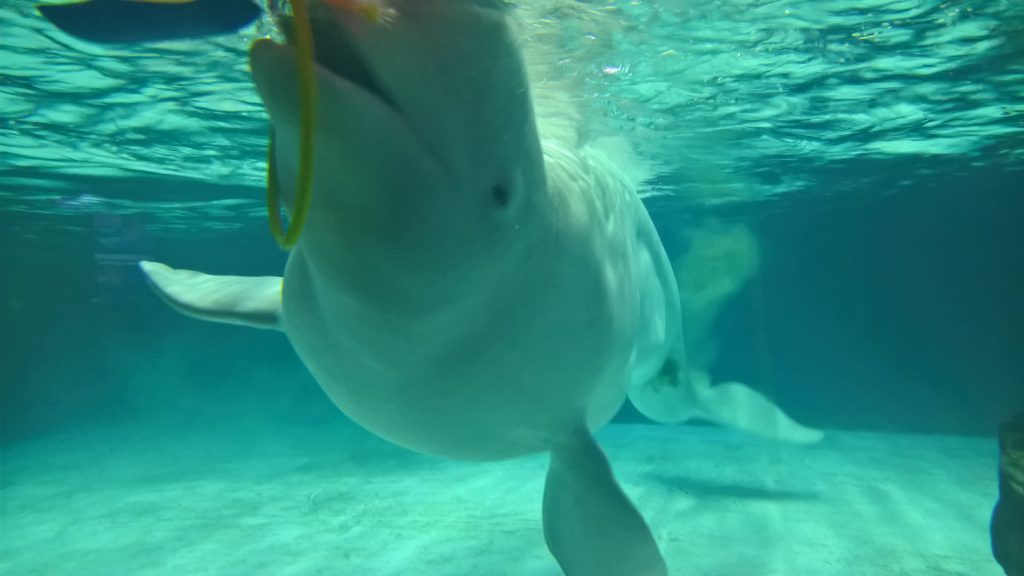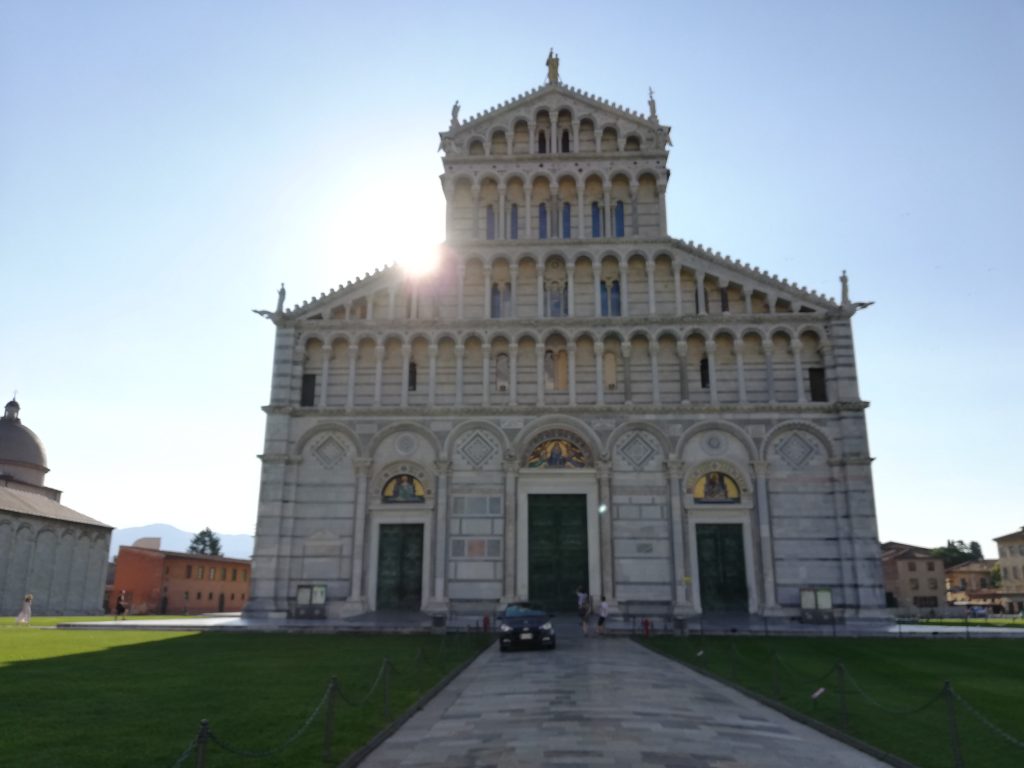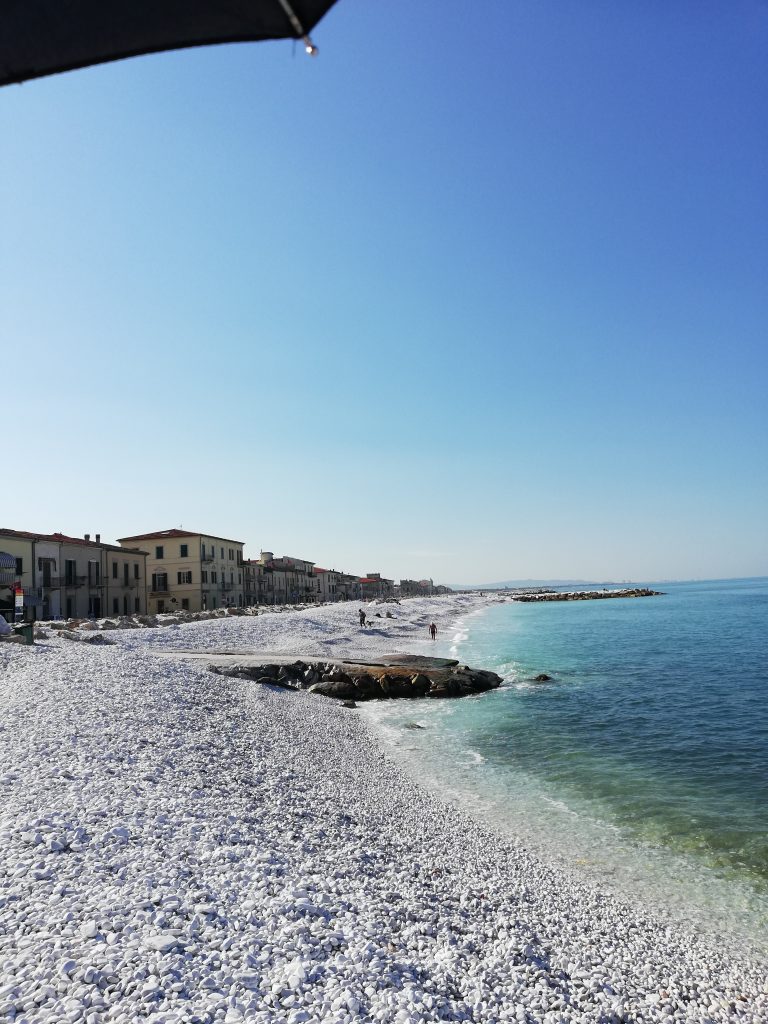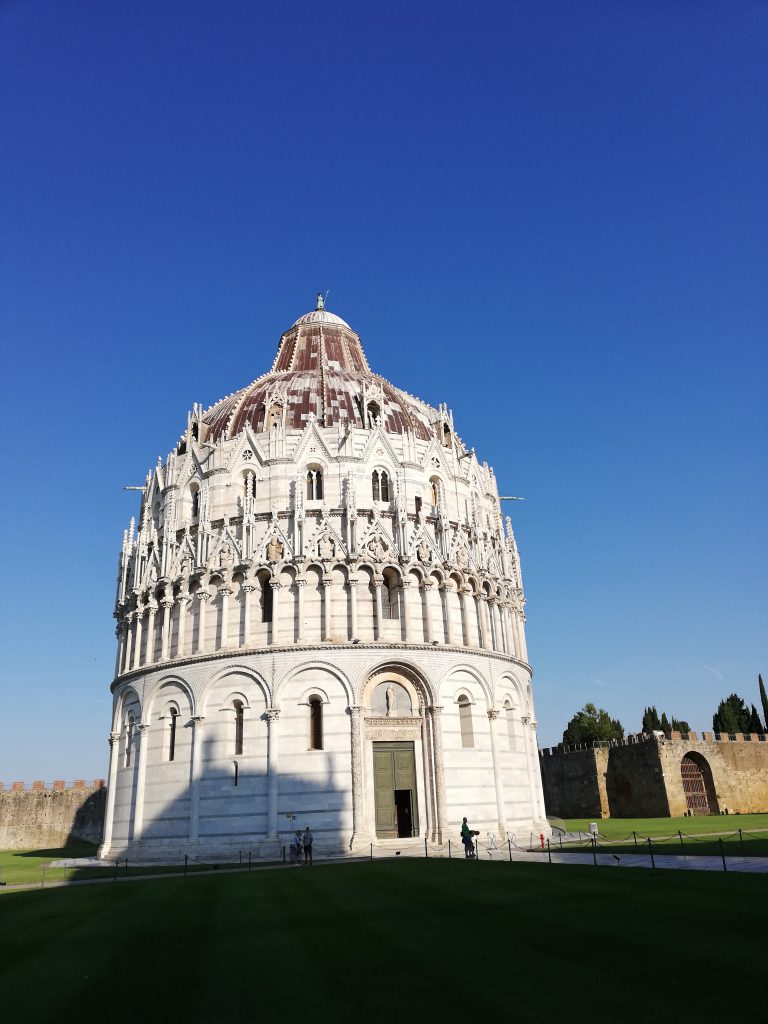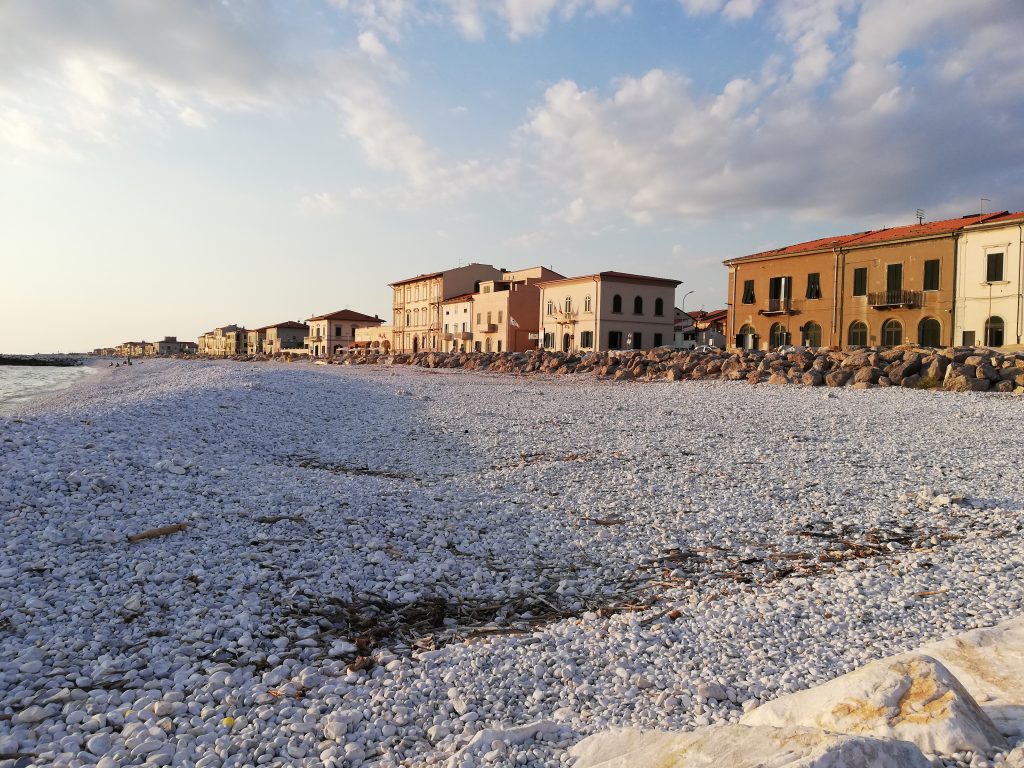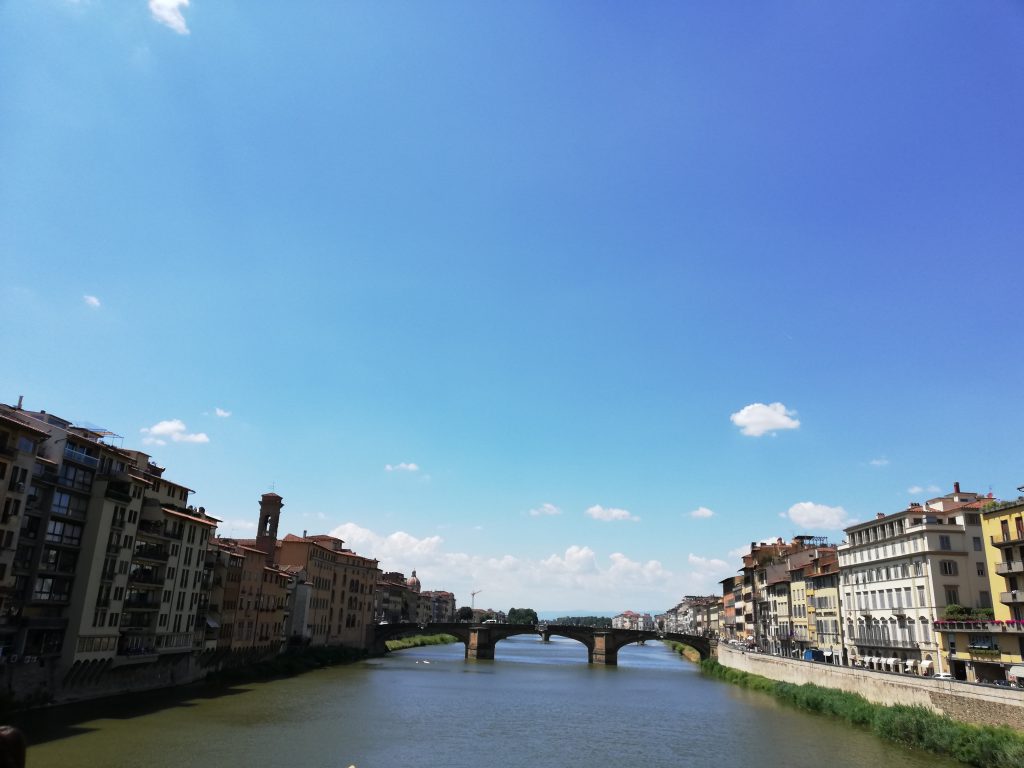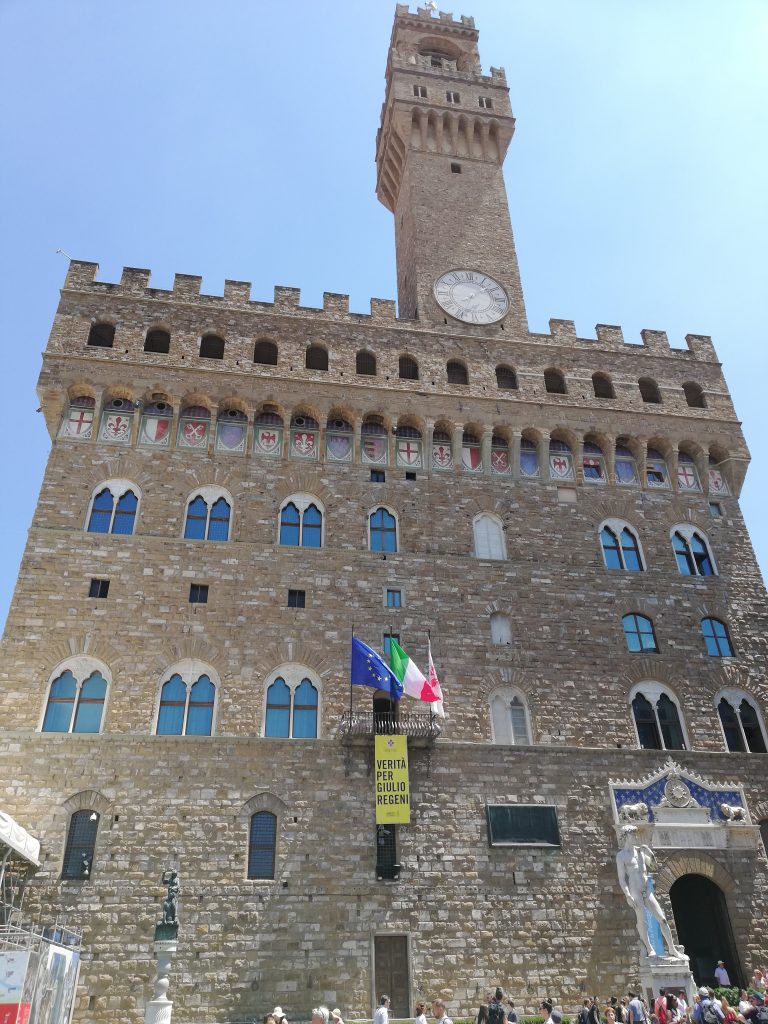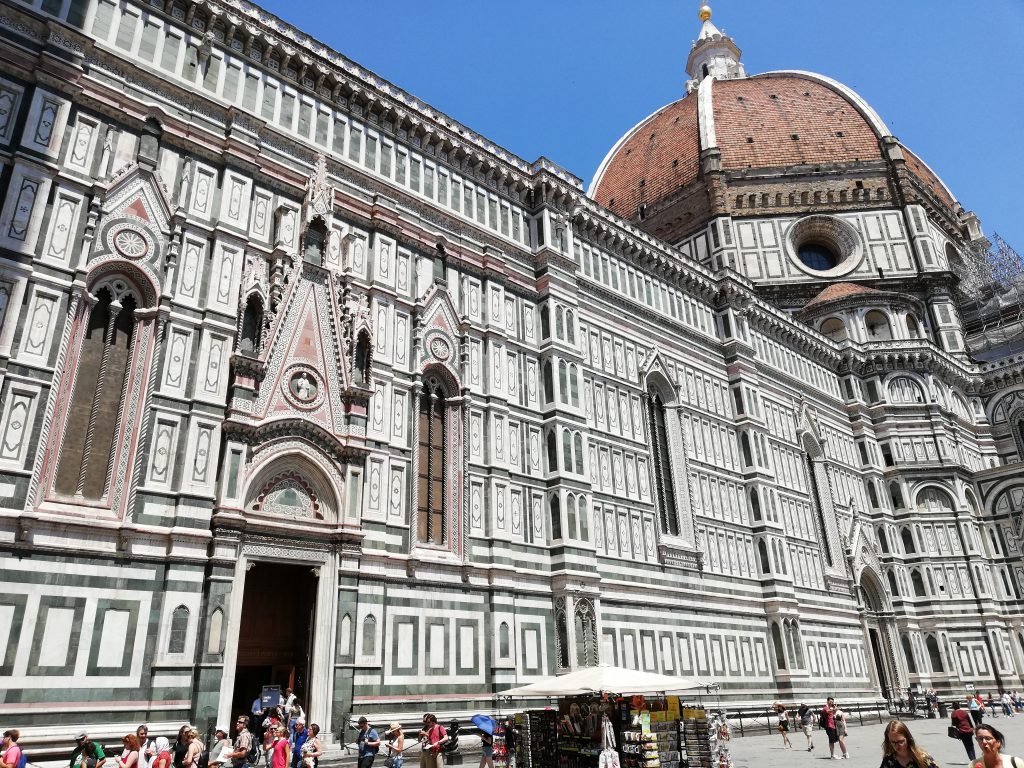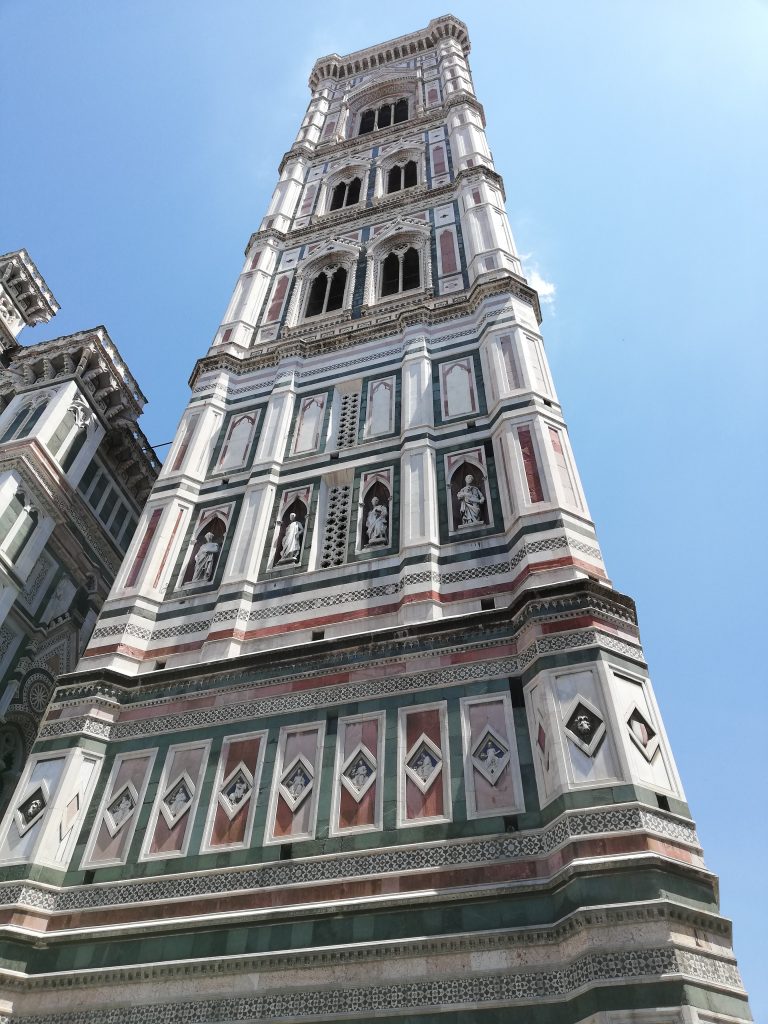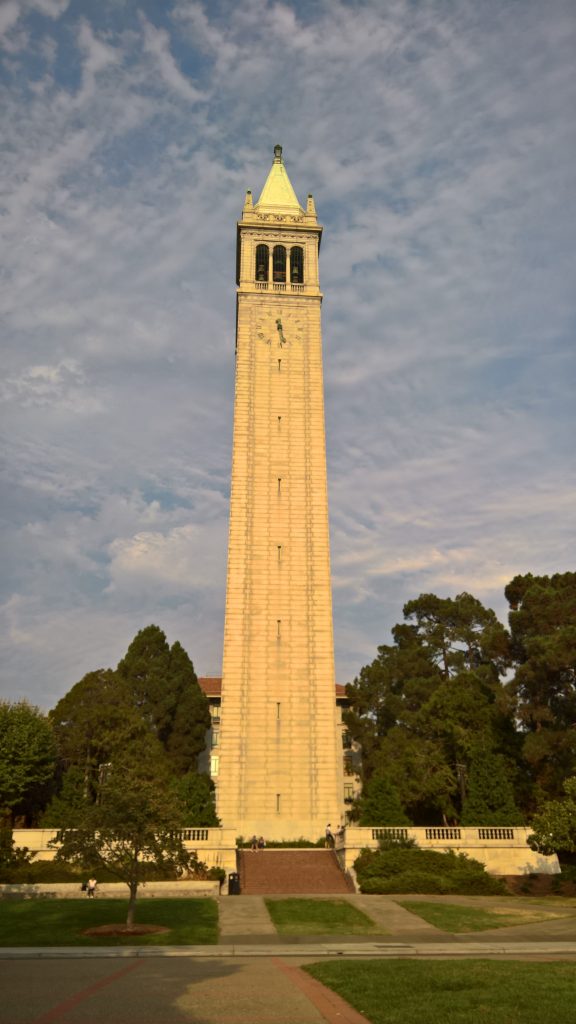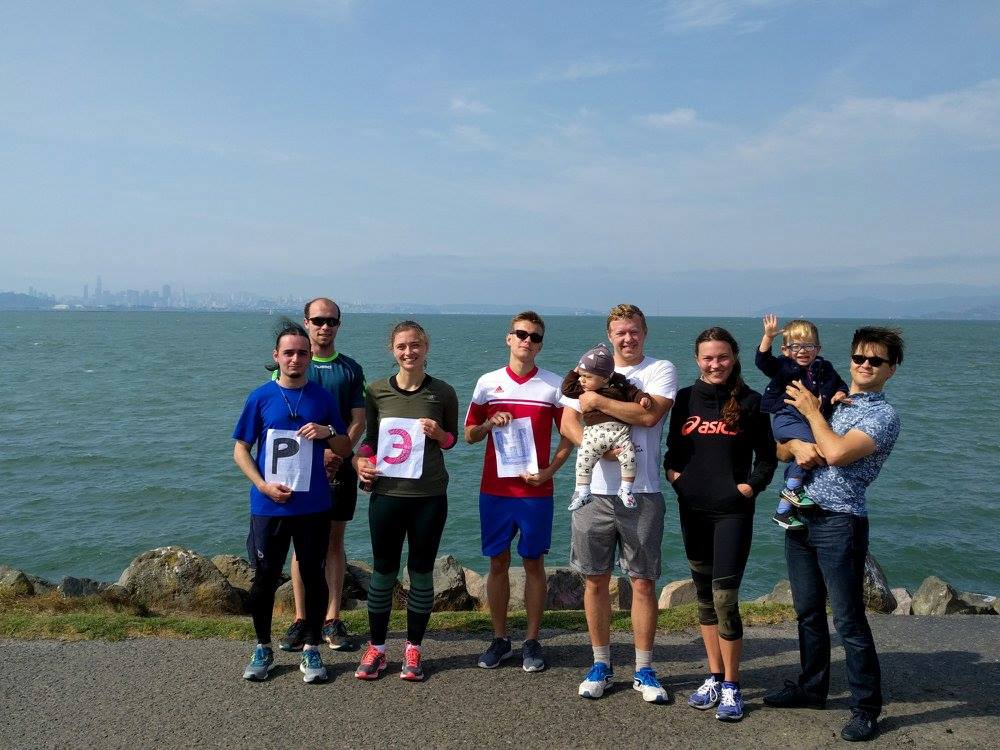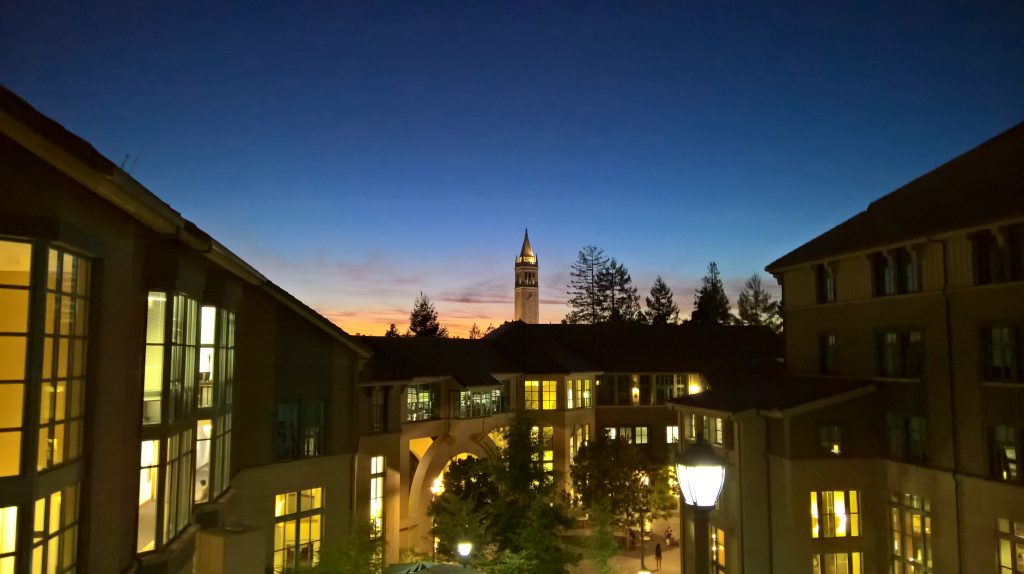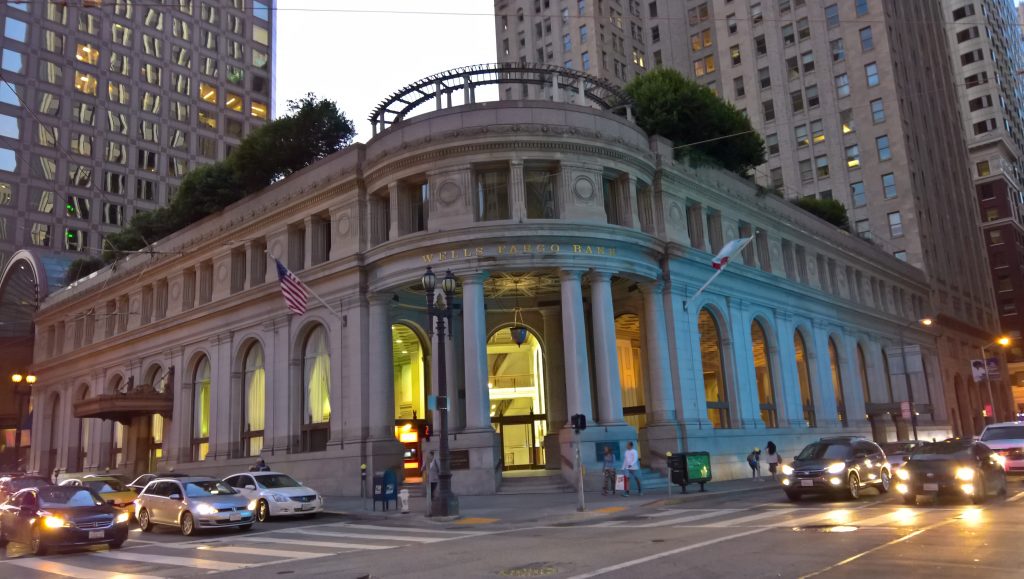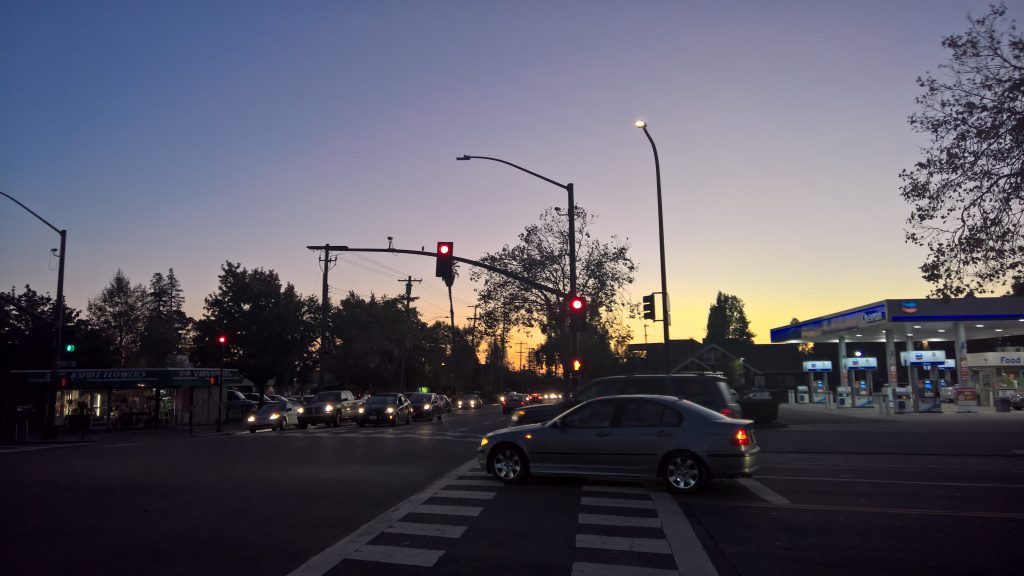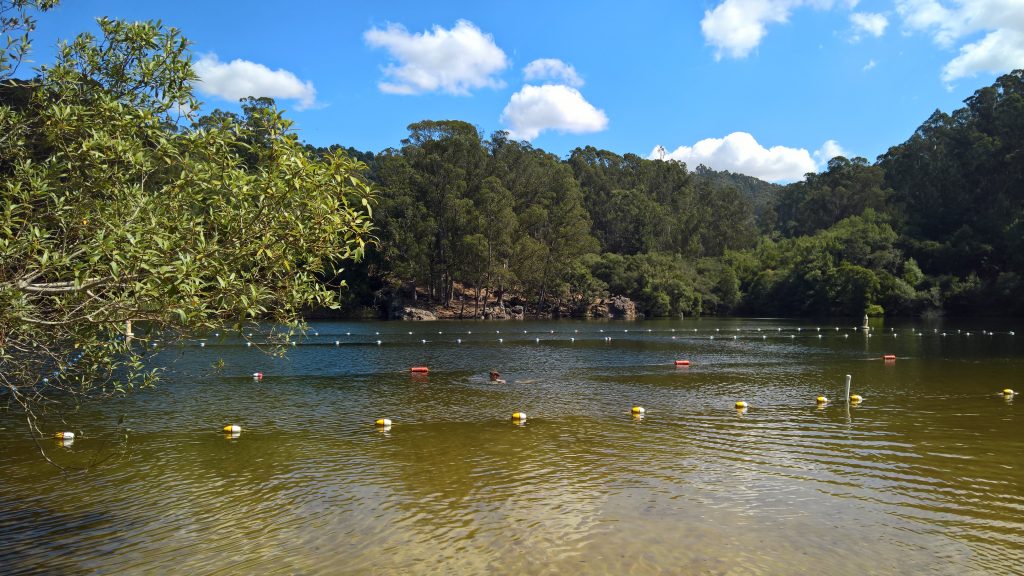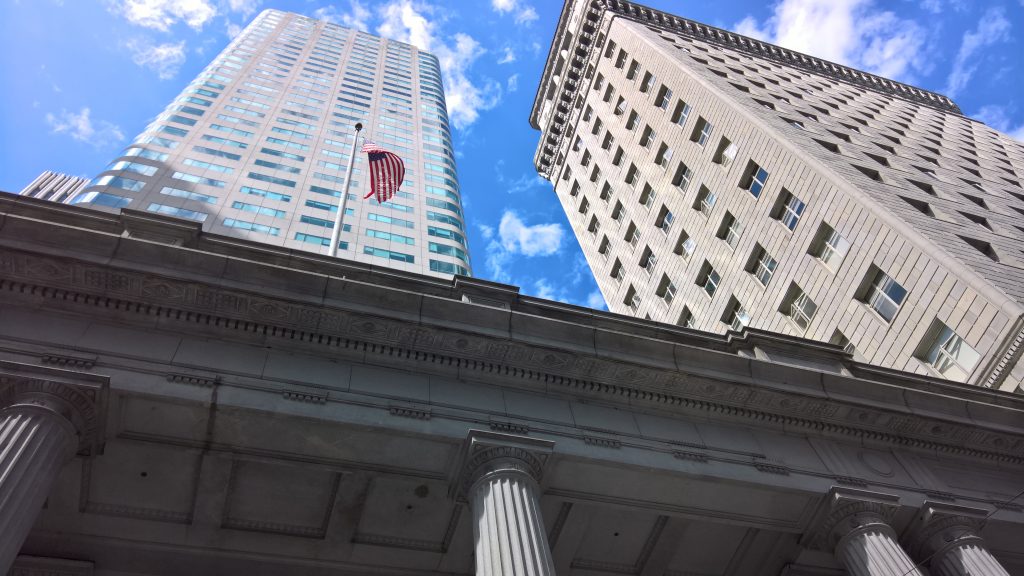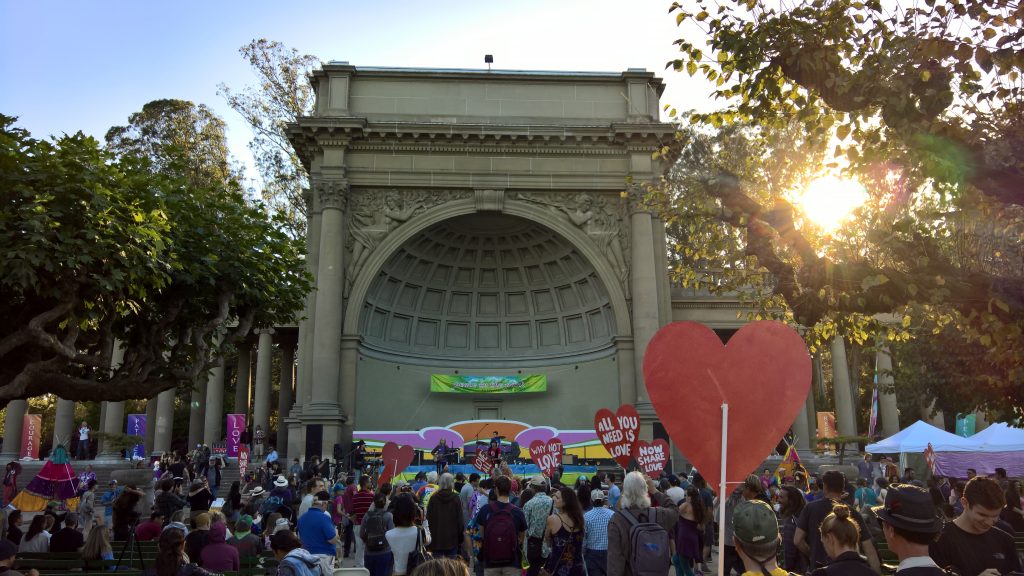Letter I wrote in response to a question on accomodation at UCL.
Hi,
Good to hear you are considering UCL. Happy to help with any questions you have.
Regarding accomodation: important choice so good that you are considering it now. It can make a great deal of your university experience. Maybe good to ask different people who have experienced the different modes/kinds of accomodation. I am not sure whether it is so much about reputation, I haven’t felt like there is a reputation race between accomodations. Not in the university sense. But I guess you mean something different with reputation.
For your first year I guess you are looking at halls primarily. I’m boring in that regard because I ended up at International Students House (https://ish.org.uk/) after missing the UCL deadline and stayed there all 3 years. It’s not as fancy compared to the nicer (and also more expensive options) but I stayed at ISH all this time because 1) It is 10 min from UCL 2) It is cheap 3) It is right next to Regents Park 4) It was a great educational experience (It is a charity trying to be more than just a place to stay. So there are events going on and people from all around the world) 5) I was able to work here as a Resident Advisor and thus make some extra money and have a great time 6) The people here are incredible.
My take on the regions around UCL:
Bloomsbury – nice and close, Camden – hip and close, anything else I wouldn’t know.
Broadly you are looking at the following types of accomodation (all comments without guarantee, I only ever applied/visited and never lived there):
1. University halls:
– Standard choice
– Fair enough experience
– Might end up rather far away from UCL
– There are intercollegiate halls you might like in case you are still in time for the deadline
2. Private halls:
– For richer students usually
– Be careful what you are getting yourself into, I heard of rich kids chilling and smoking all day for some
3. Charity halls:
– I know of two, ISH and Netherhall House (http://www.netherhallhouse.org.uk/)
– Netherhall is great for studying but a little weird in being religious, men only and rather far away
4. Getting your own flat:
– Rather unusual for first year
Some thoughts on making this choice: Like I said, it is important and it will shape who you are, depending on your choices maybe even more than UCL. Maybe the best approach is to try and envision the concrete day to day life your choice would imply as well as possible. Everything, as realistic as possible. Things that will matter to you in this are:
– How you get to UCL (it’s great to fall out of bed and into UCL)
– How you get your food (catered or cooking yourself)
– Who you’ll be with there (maybe useful to live with coursemates)
– and others depending on your preferences
In the end it is not a be all end all decision. You will have time to set yourself on a different path for 2nd and 3rd year. Some move out to their own flat in second year.
Best,
Karl
